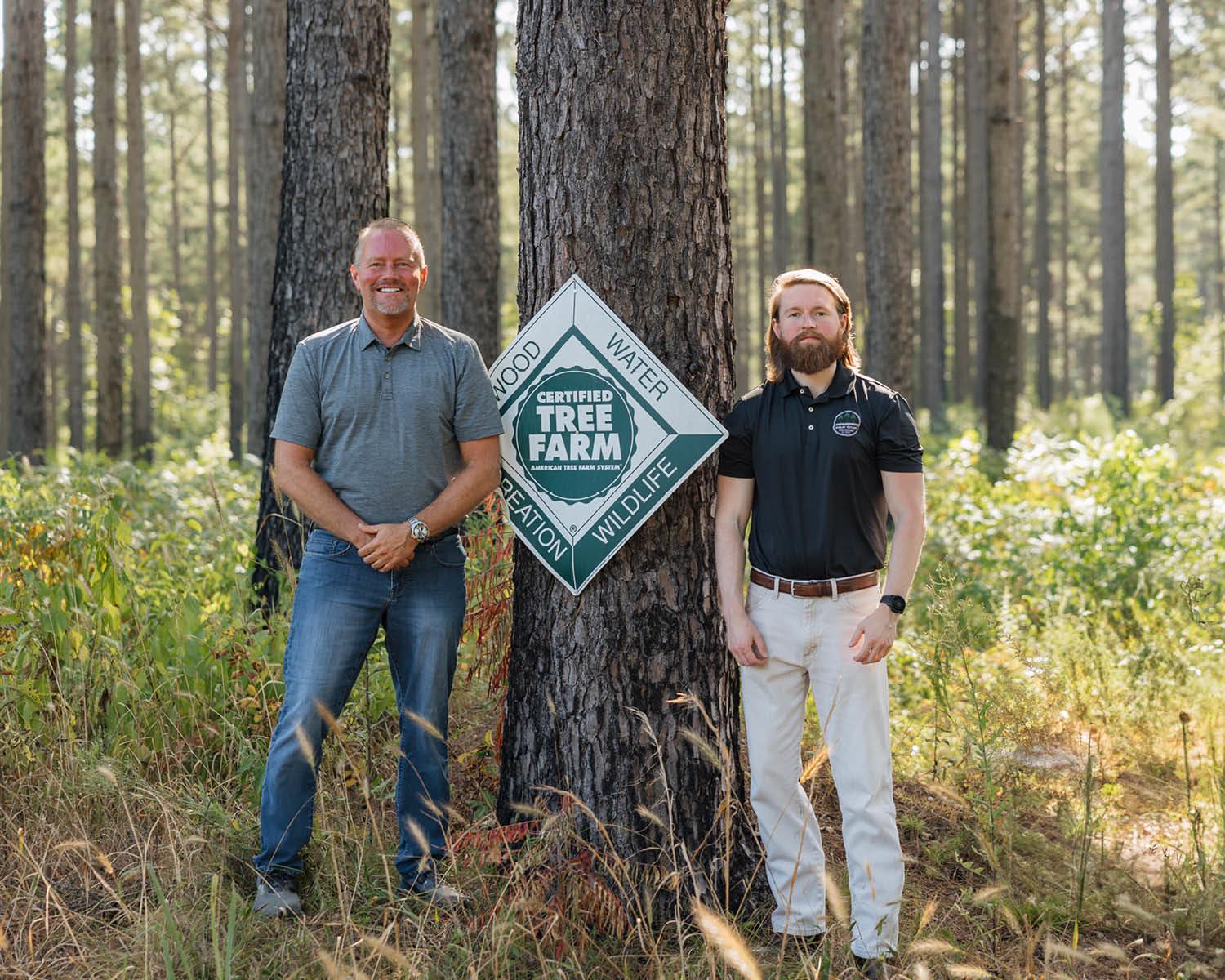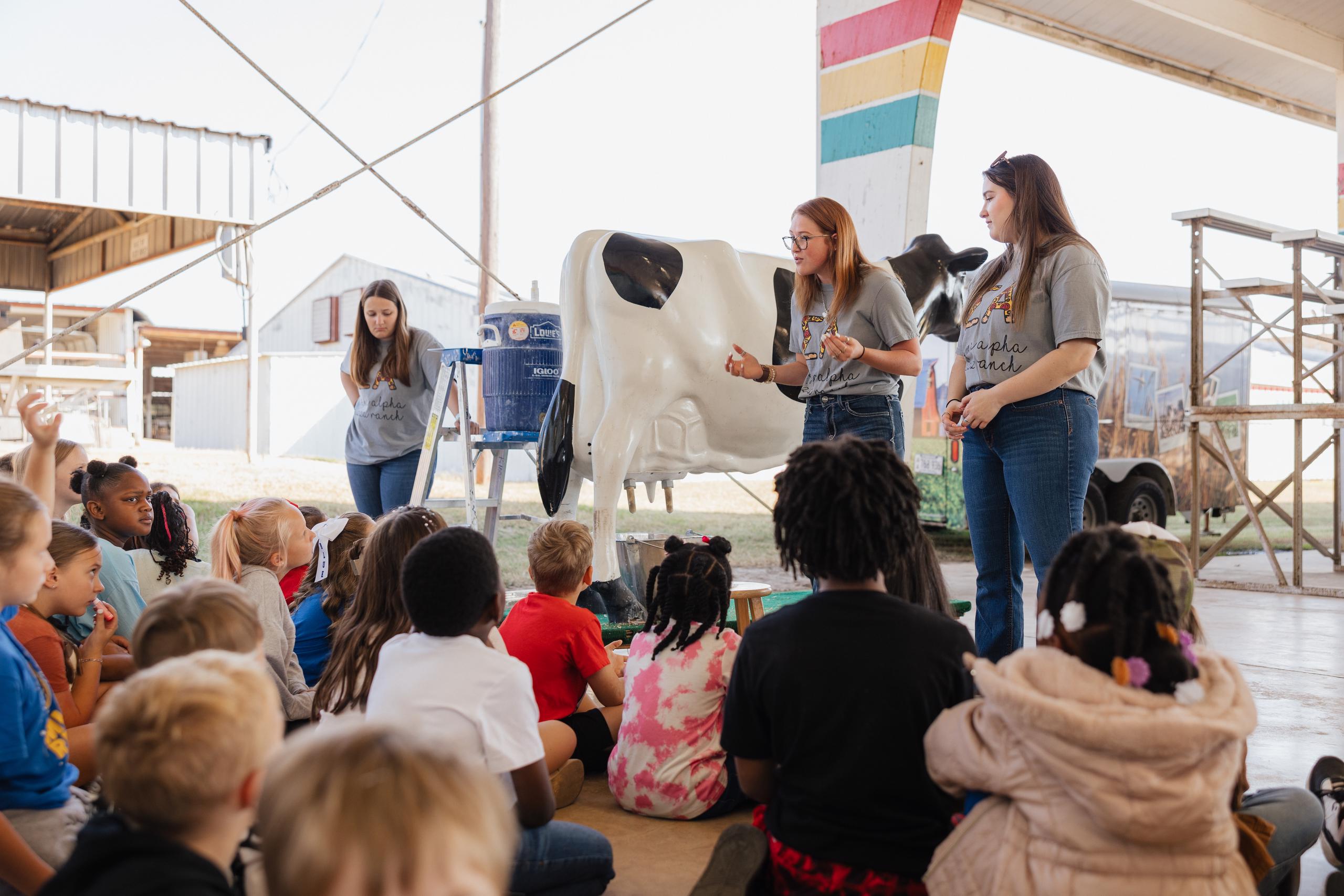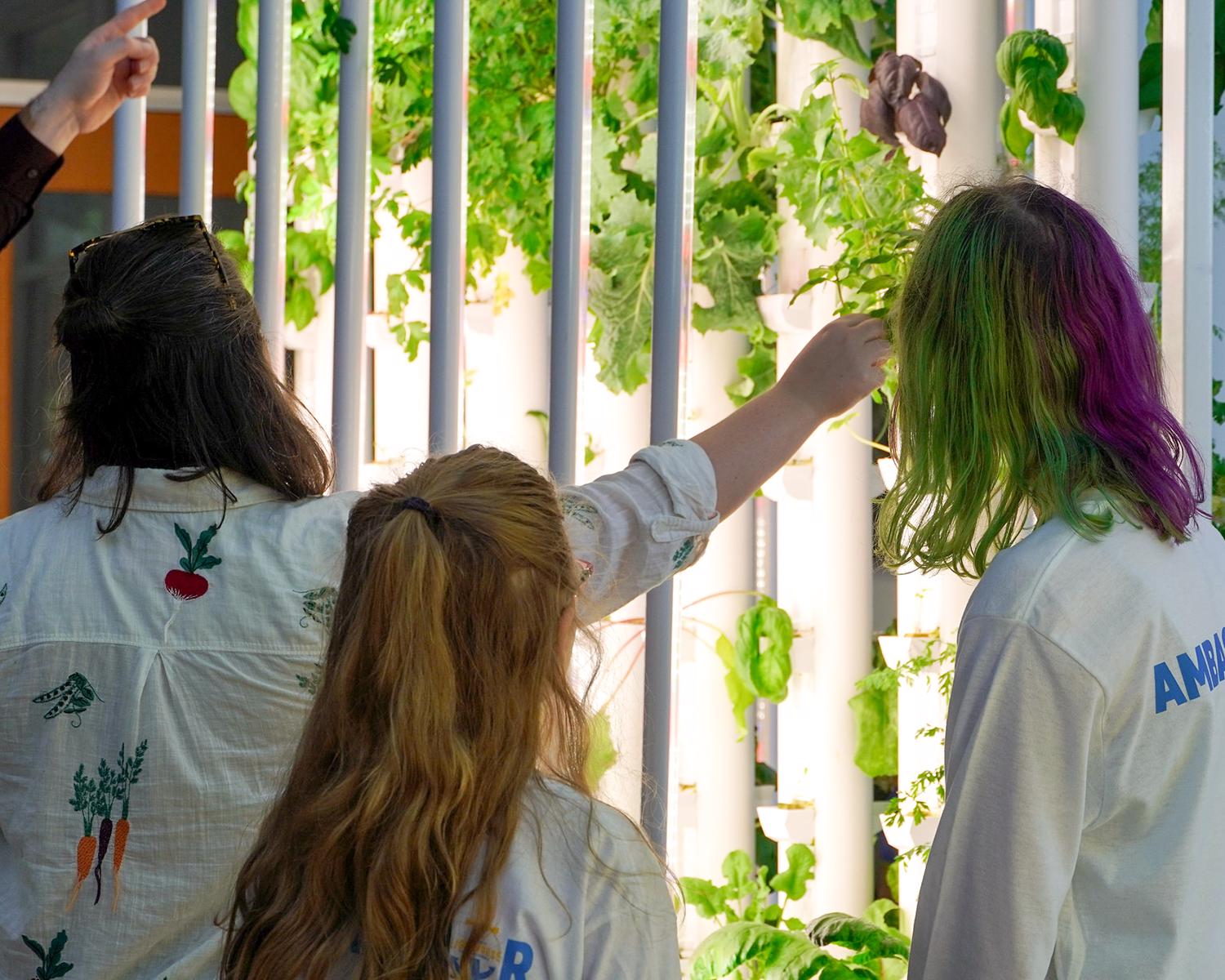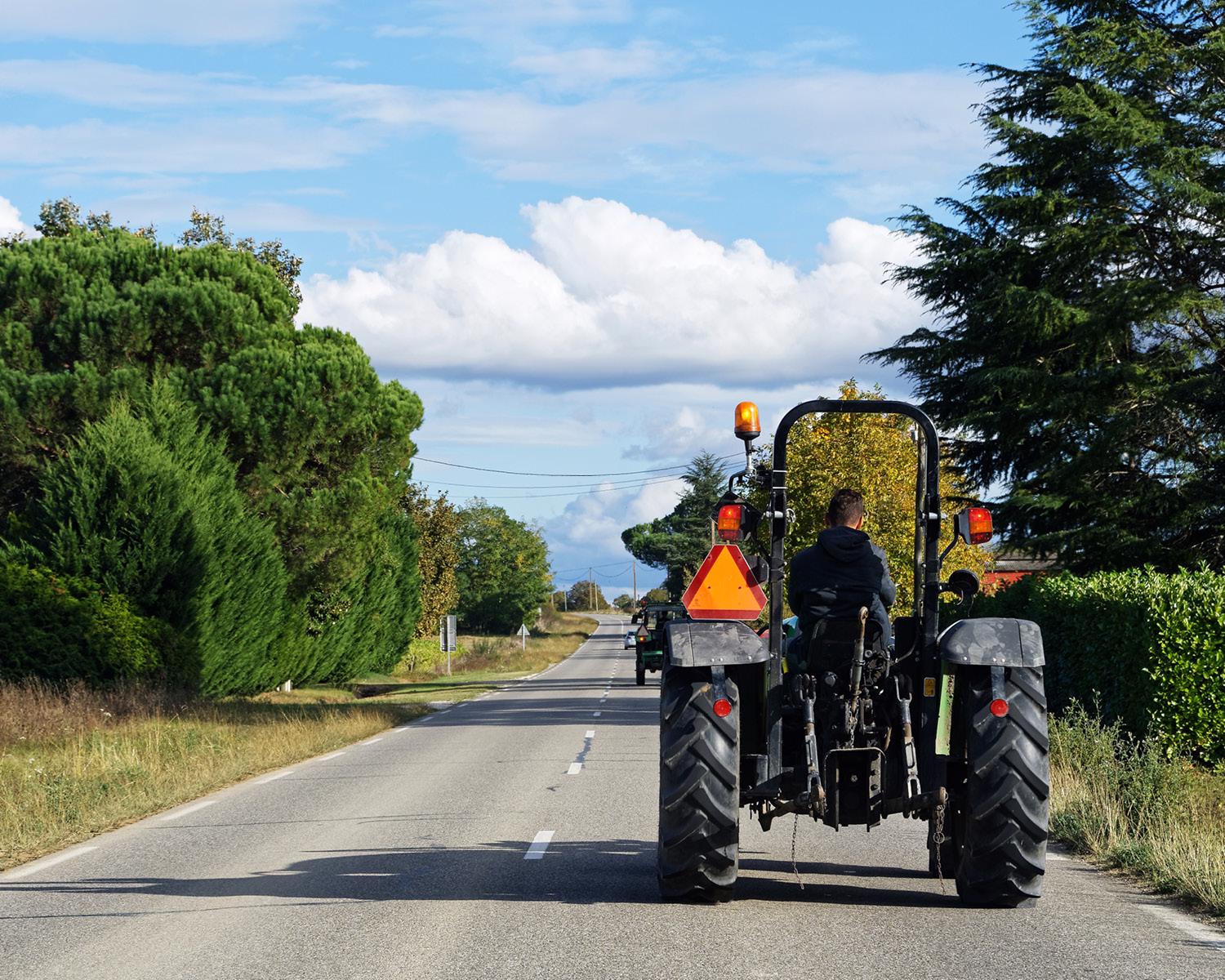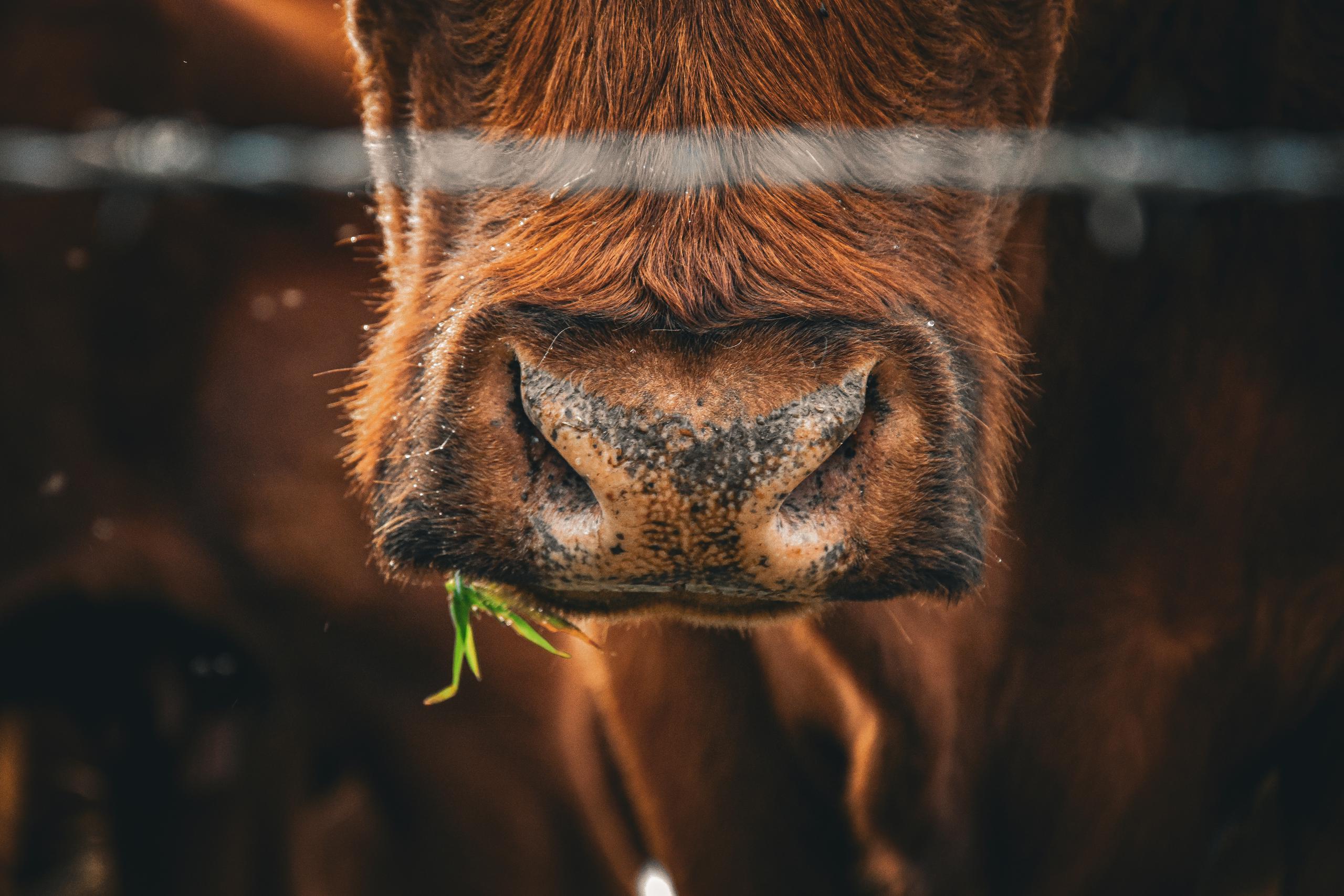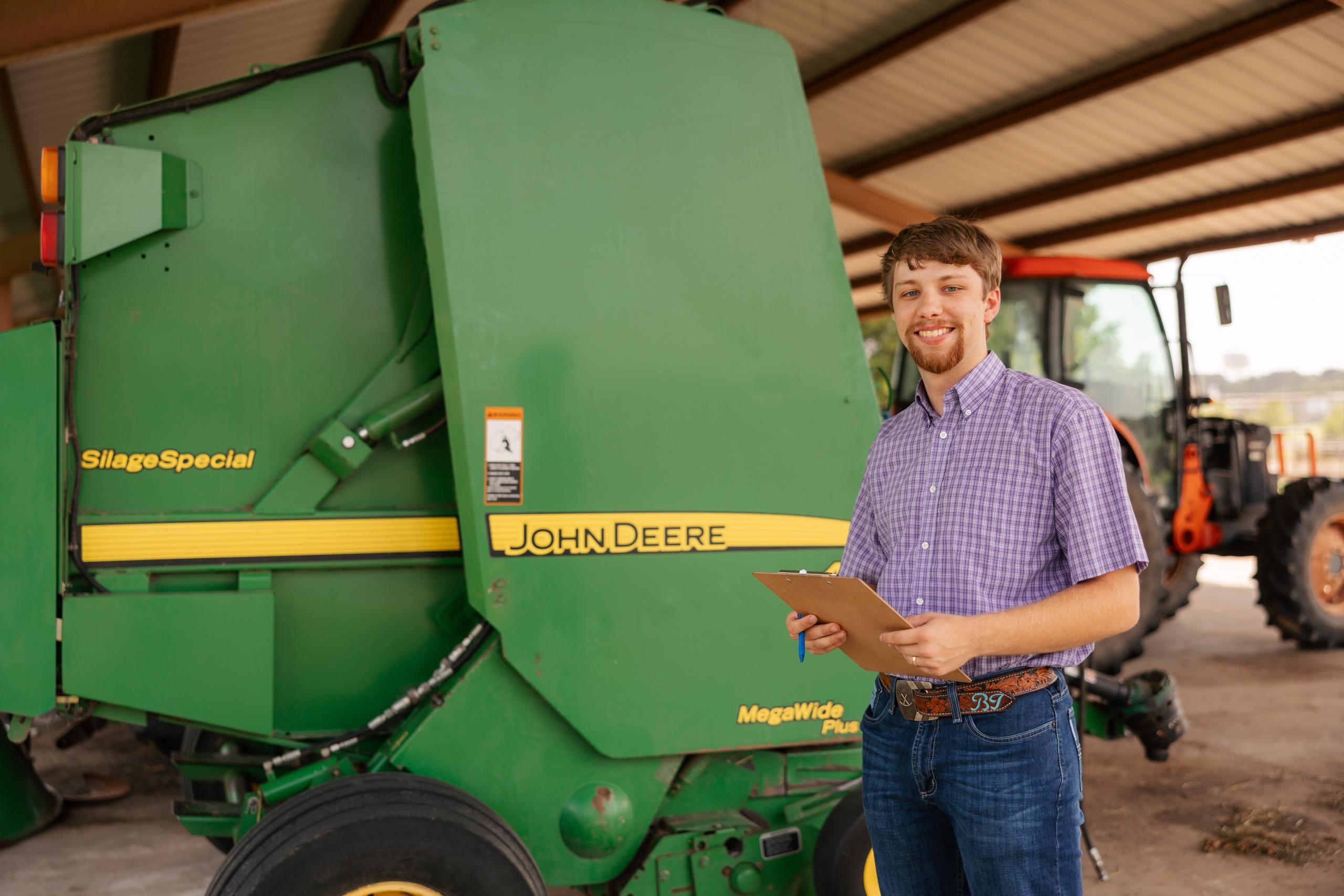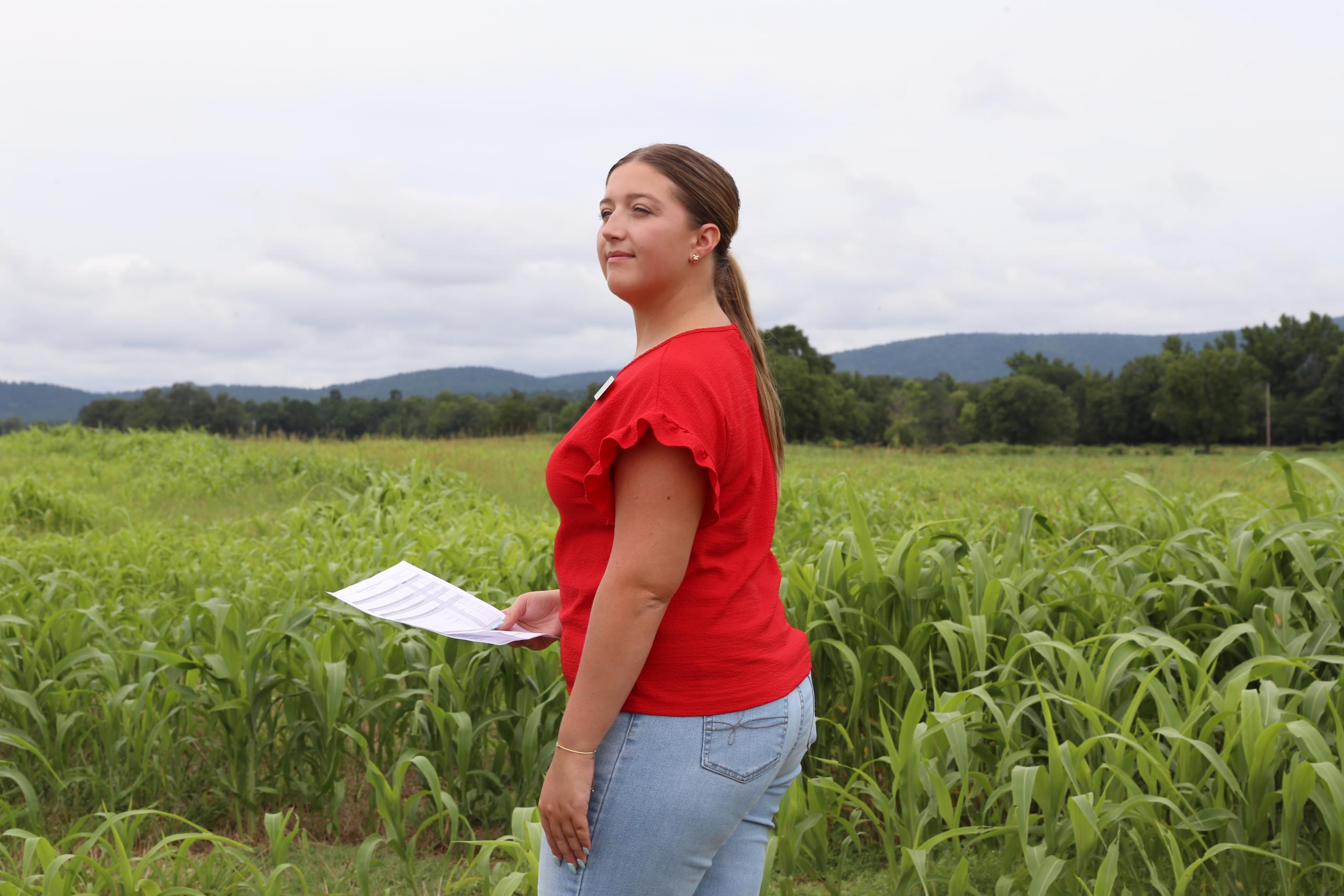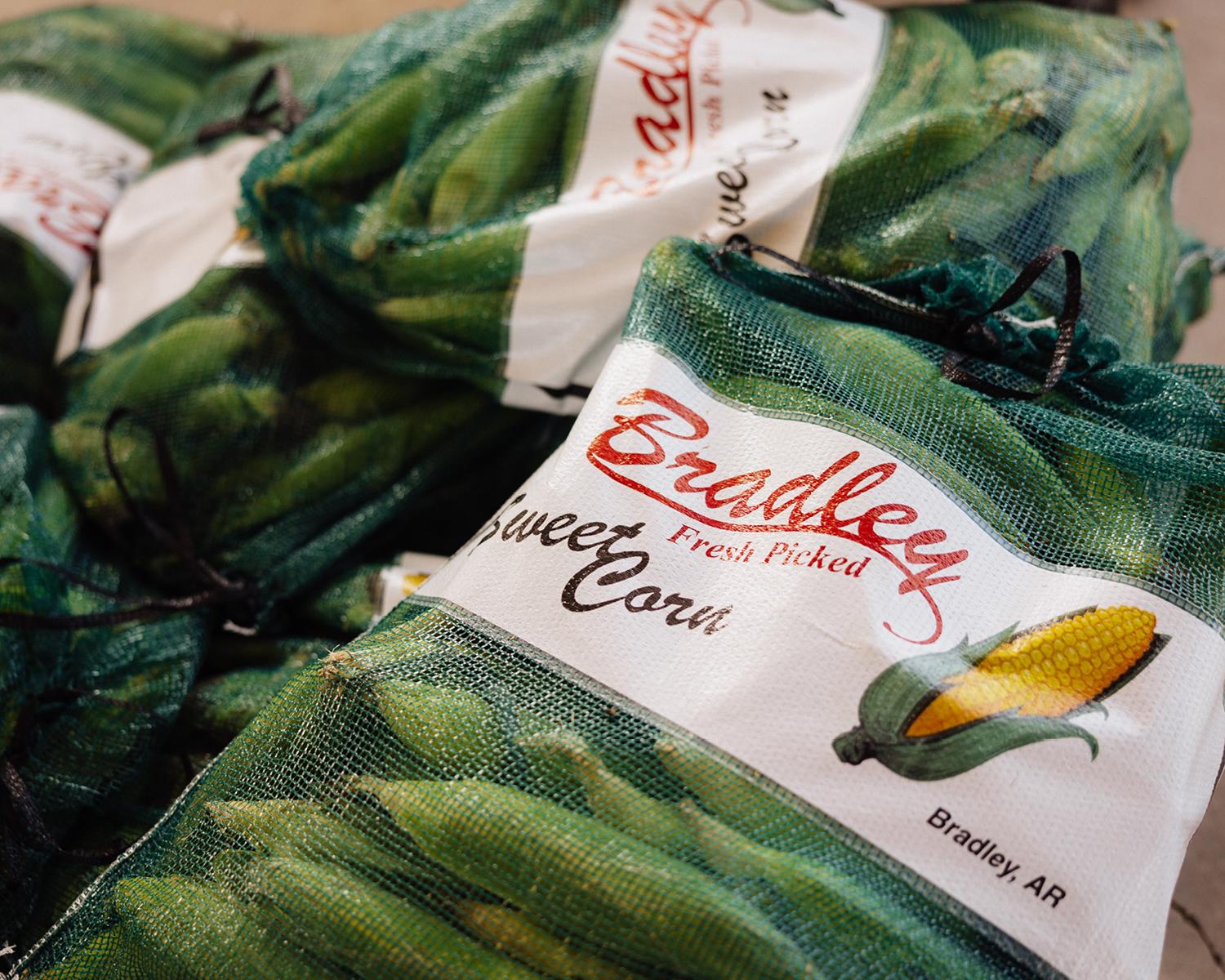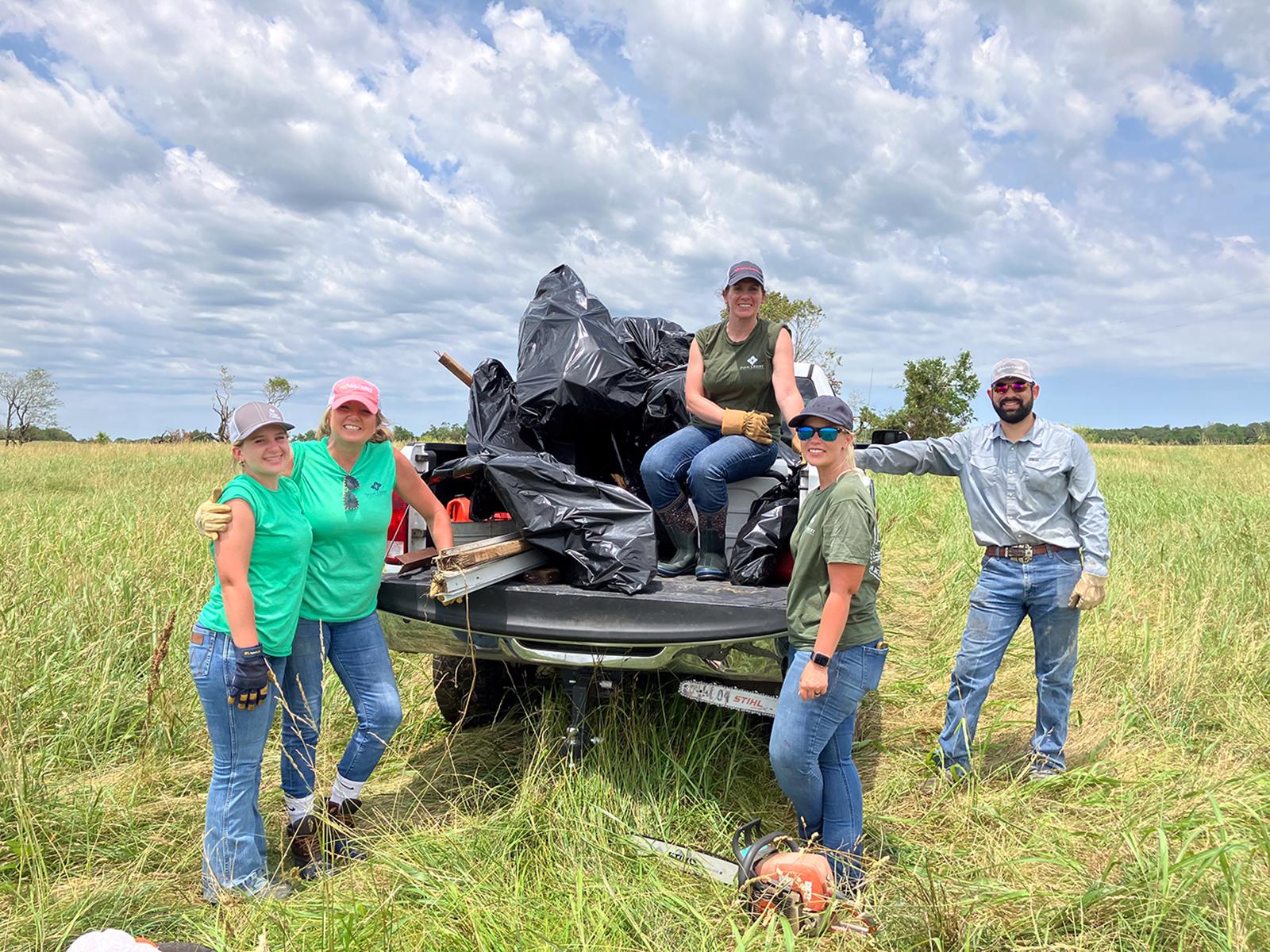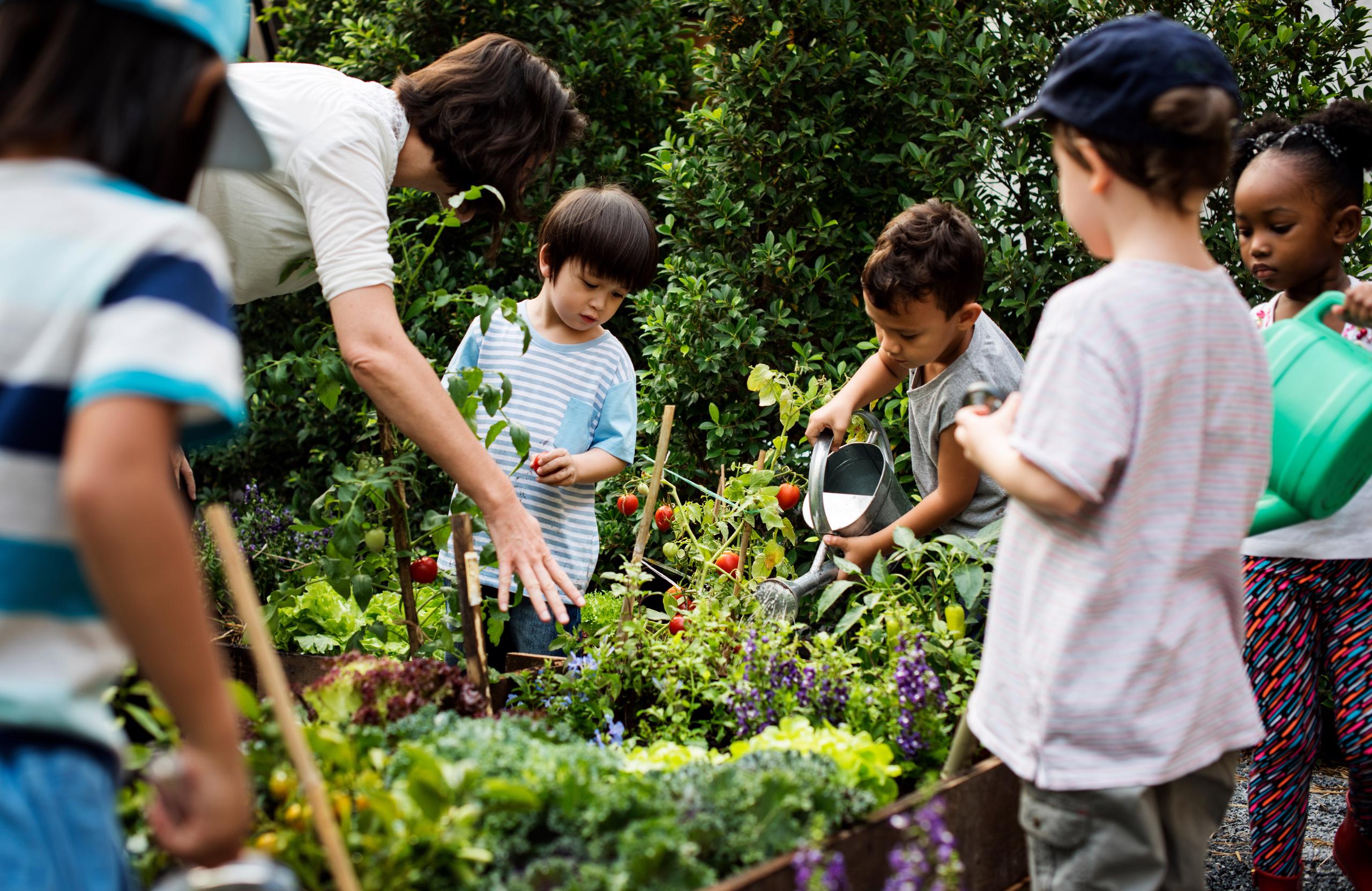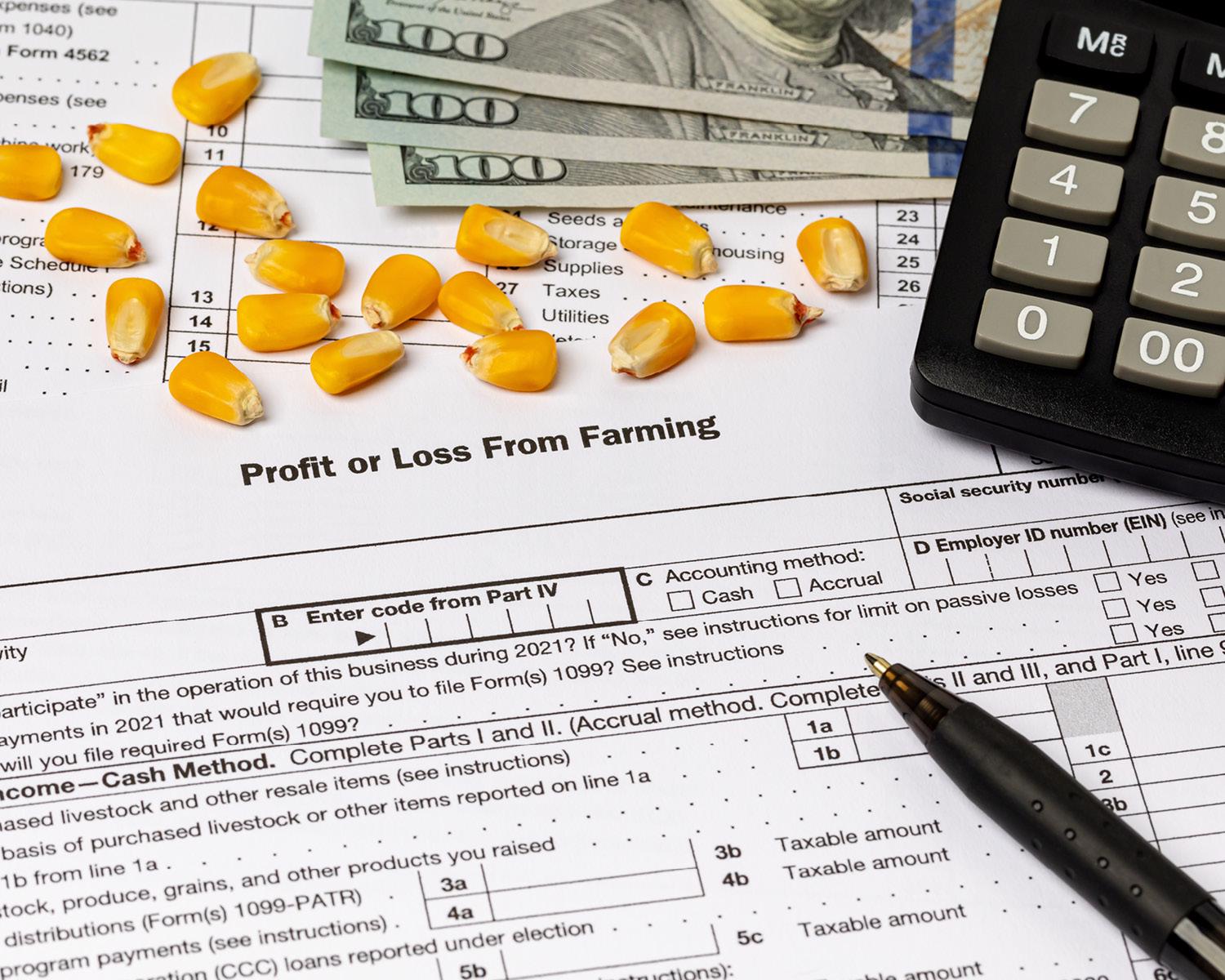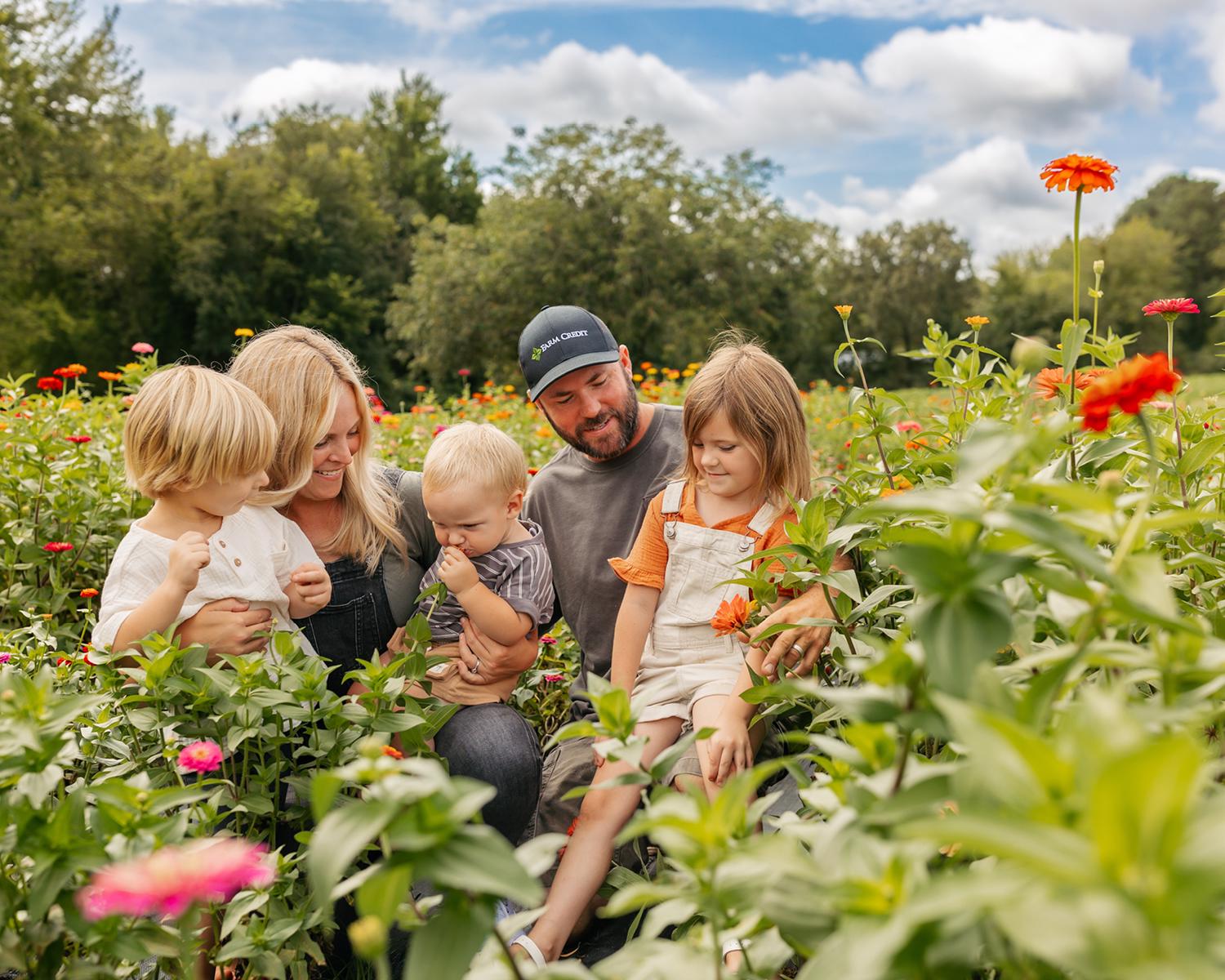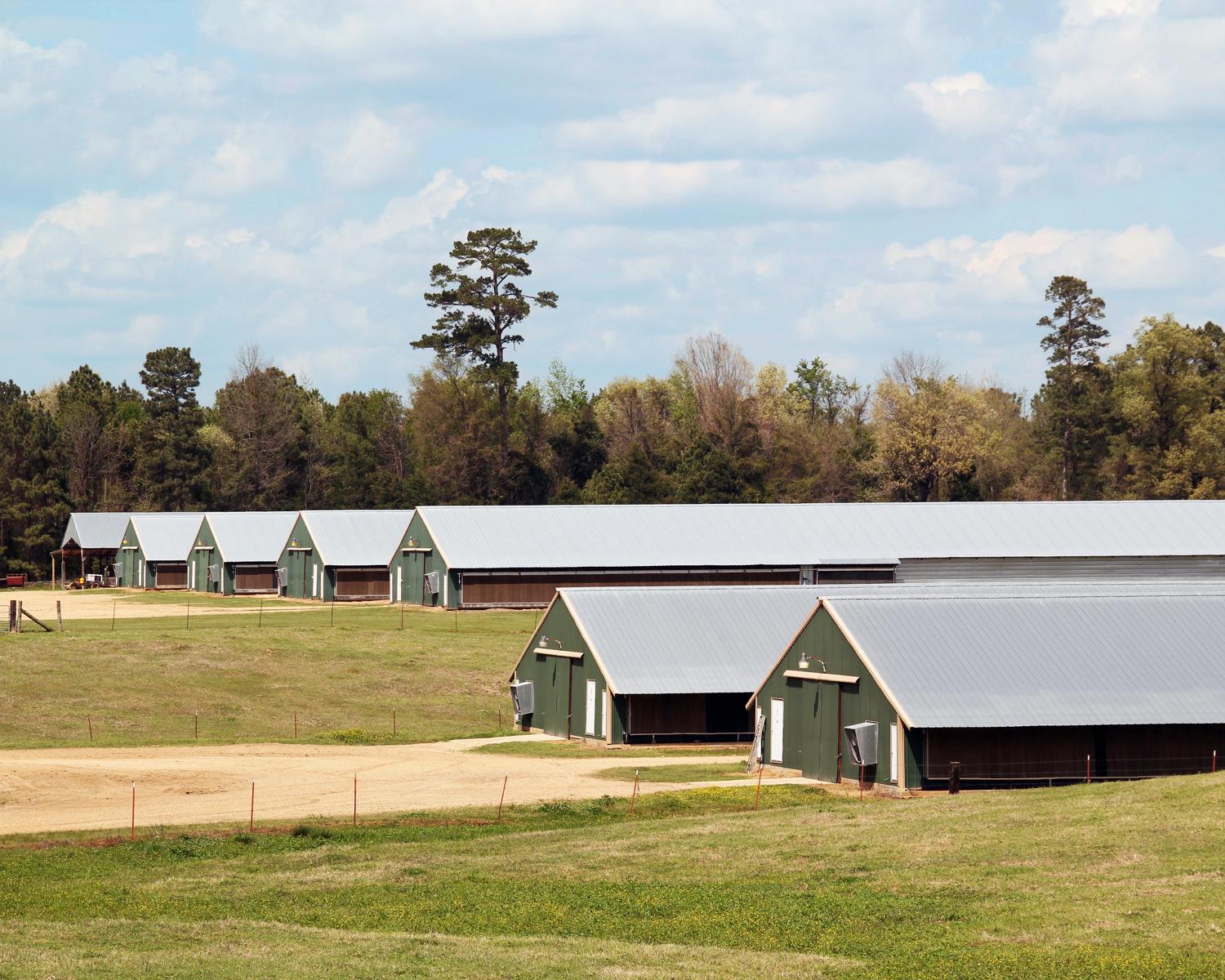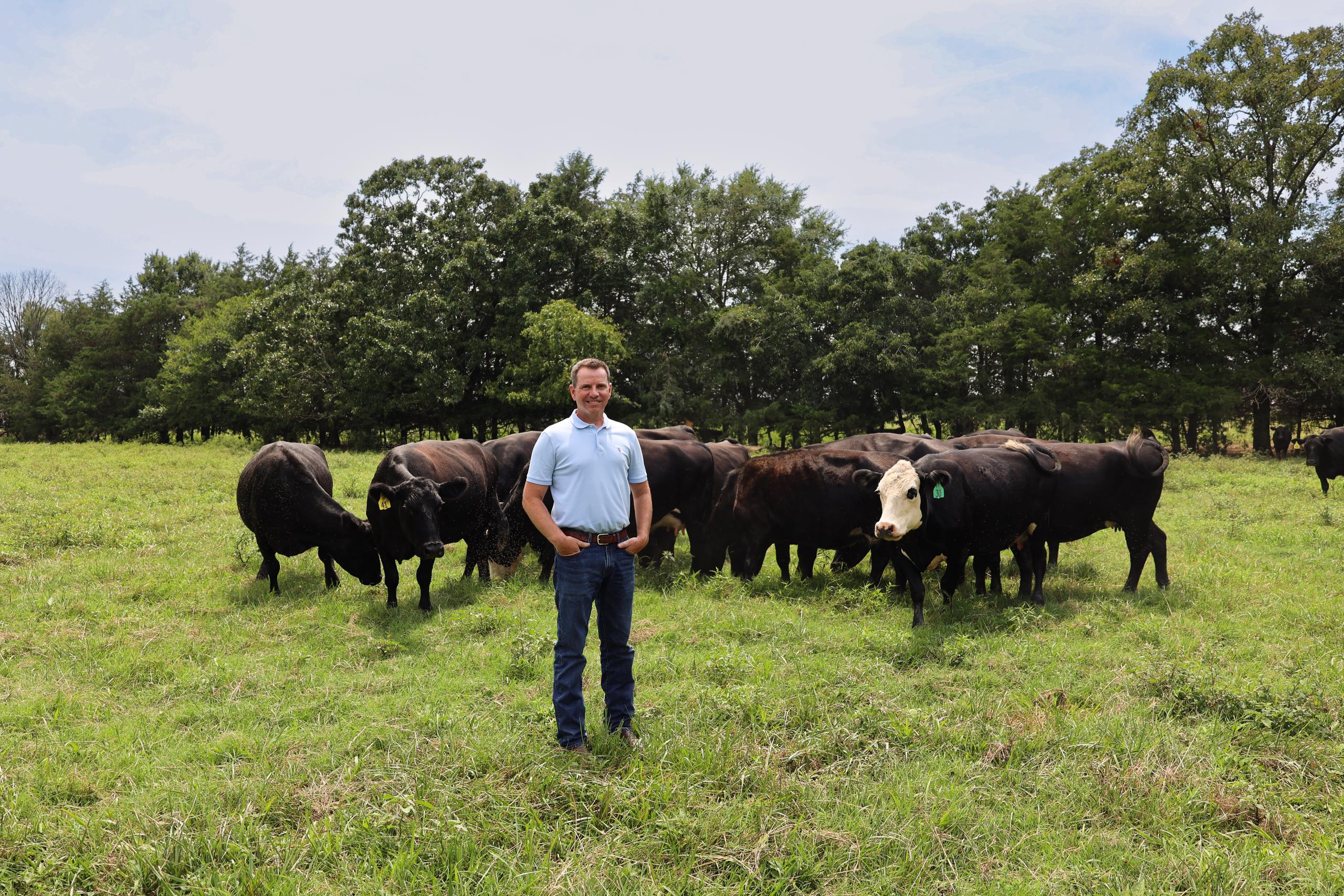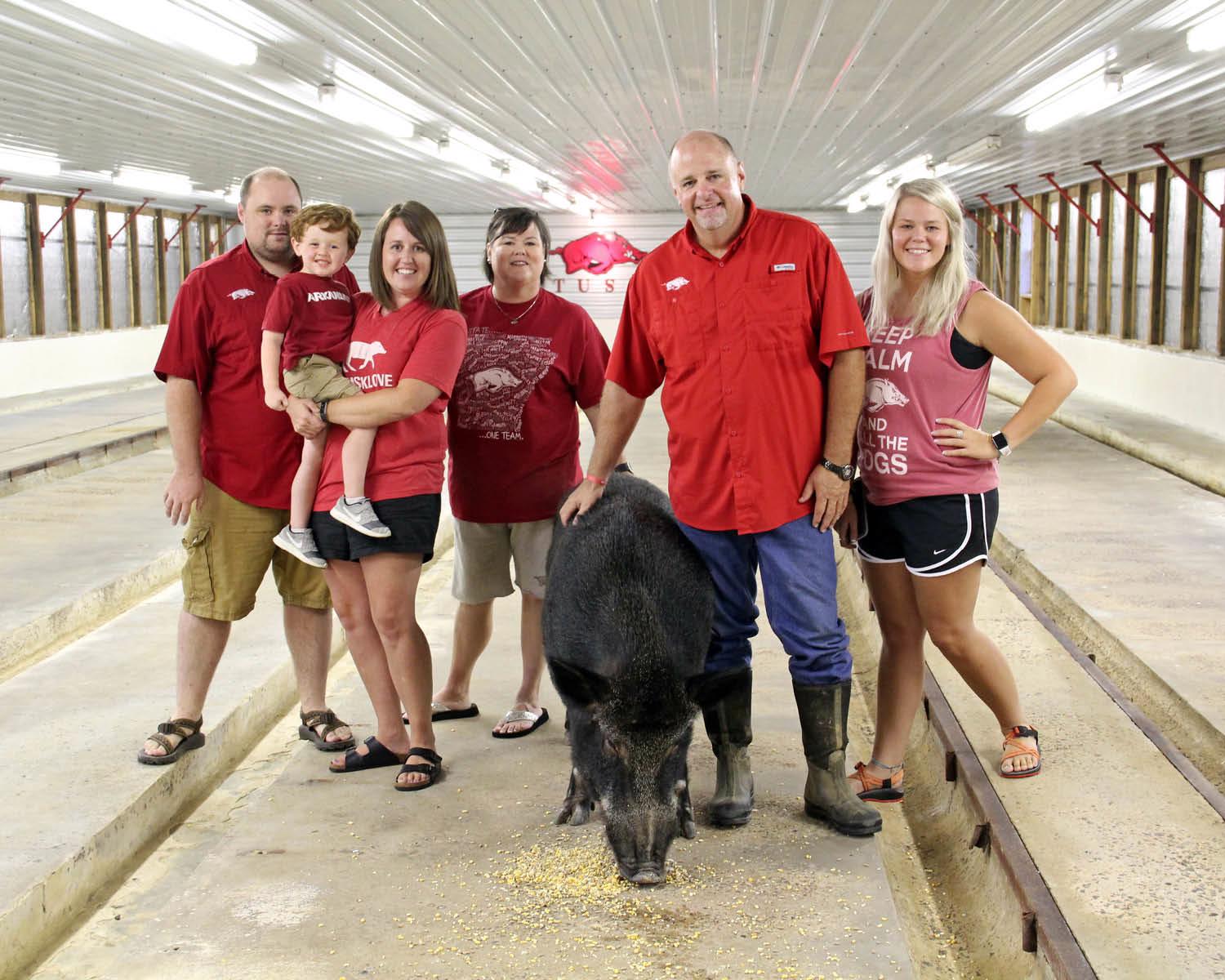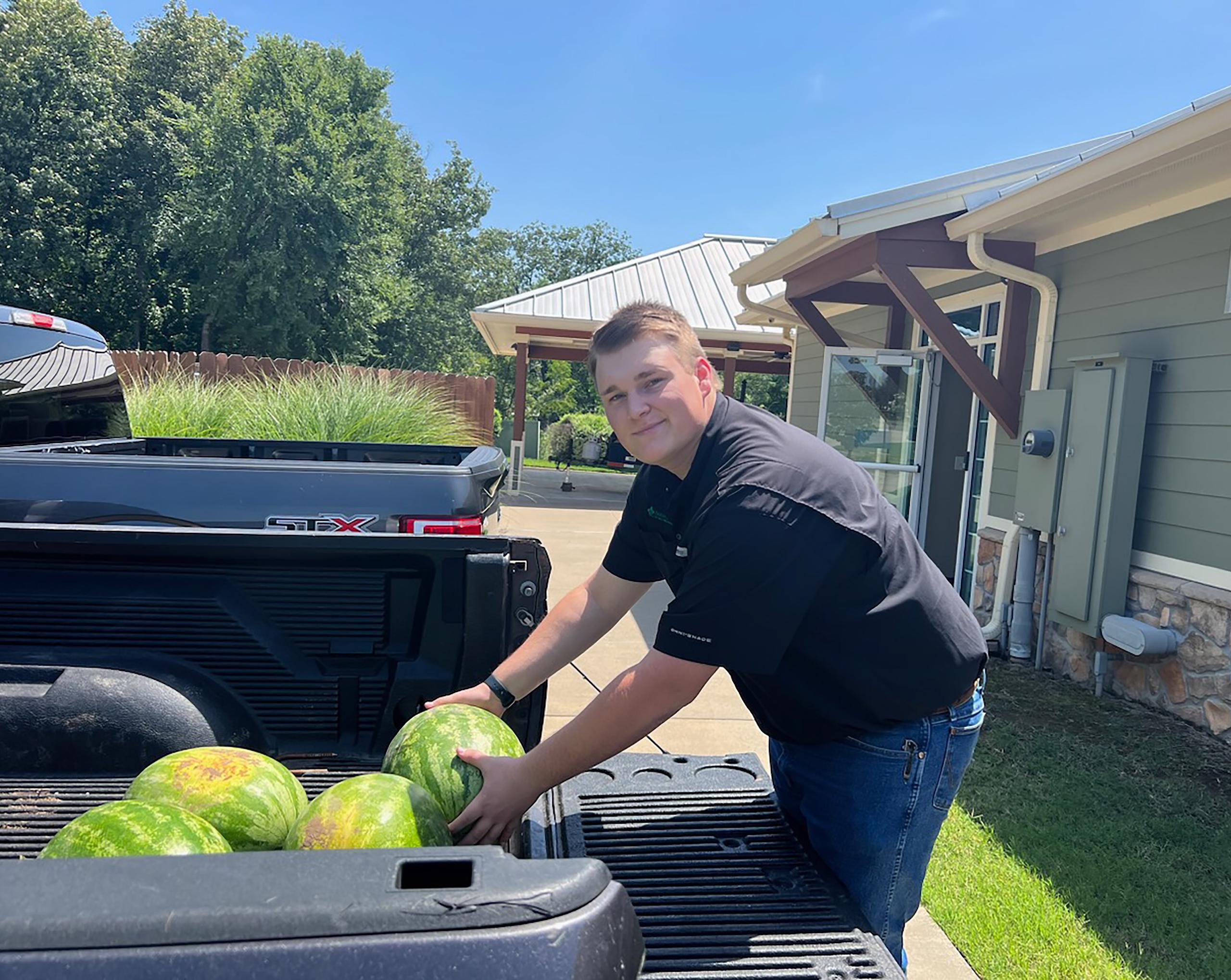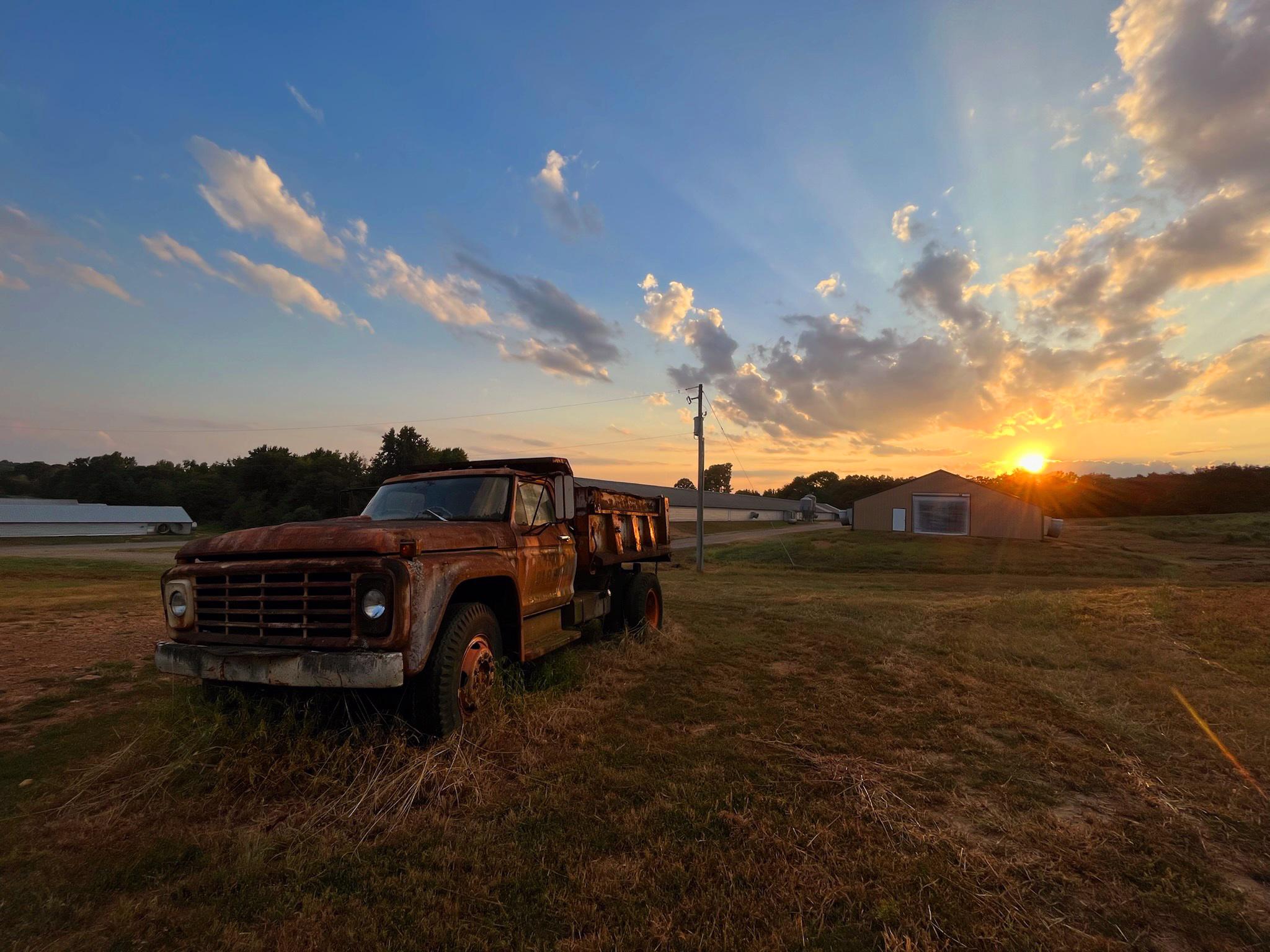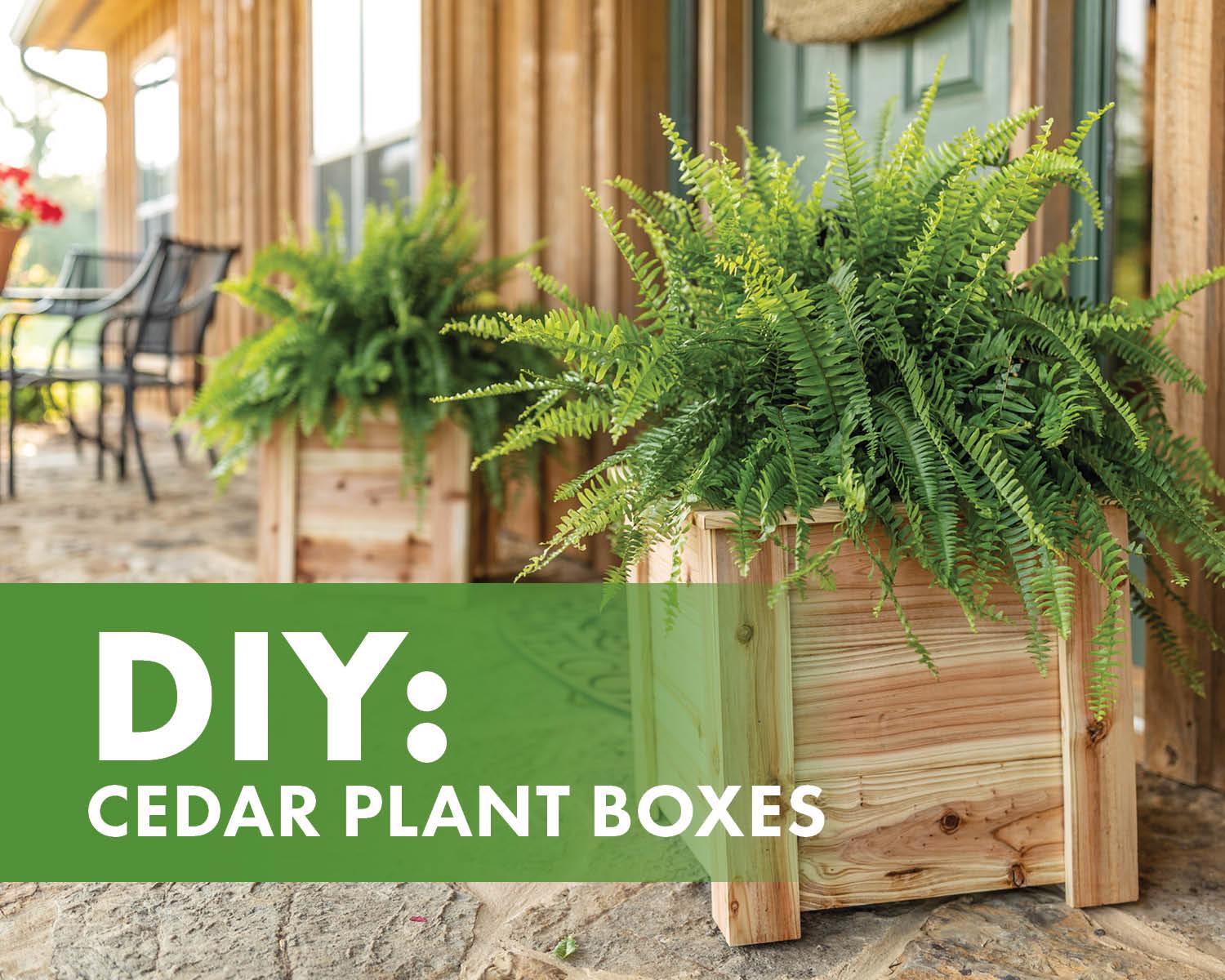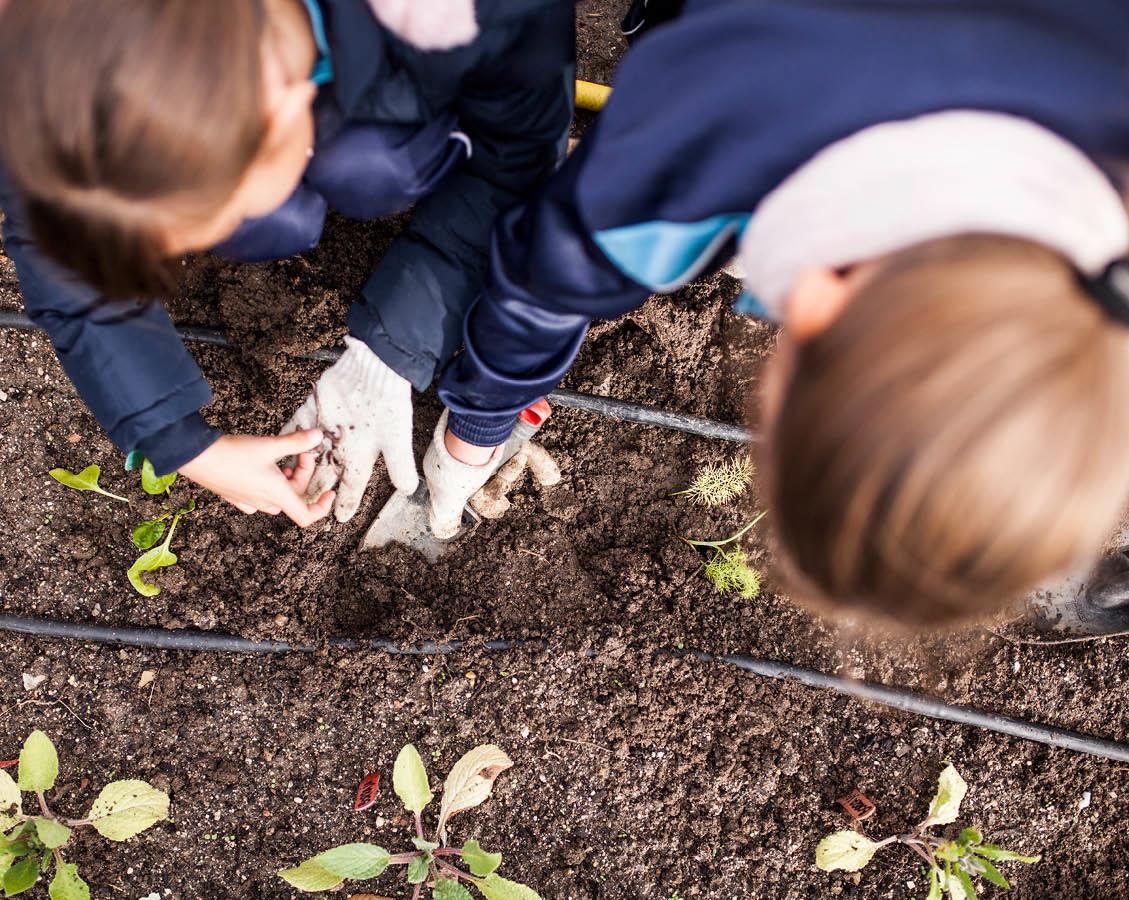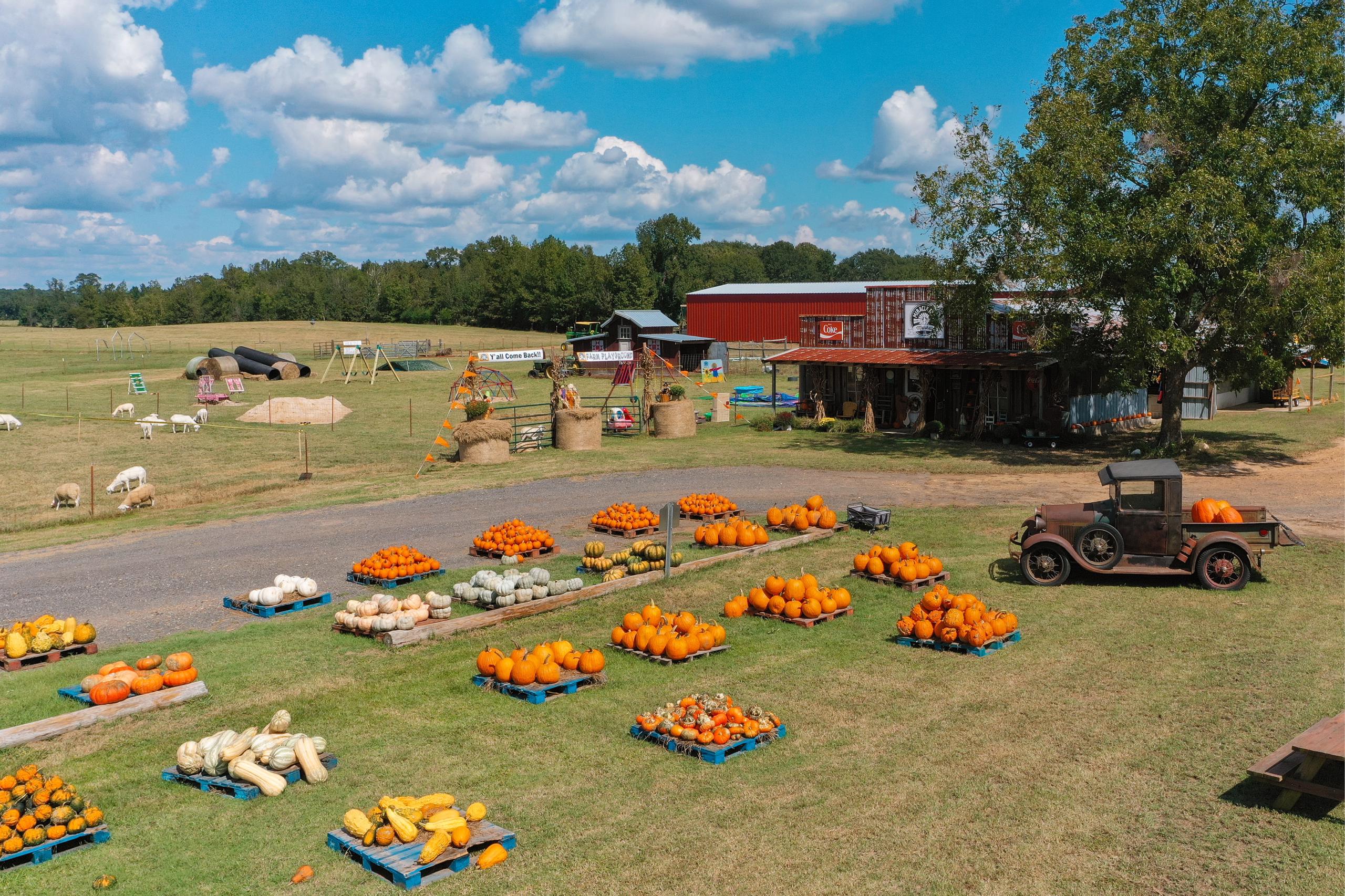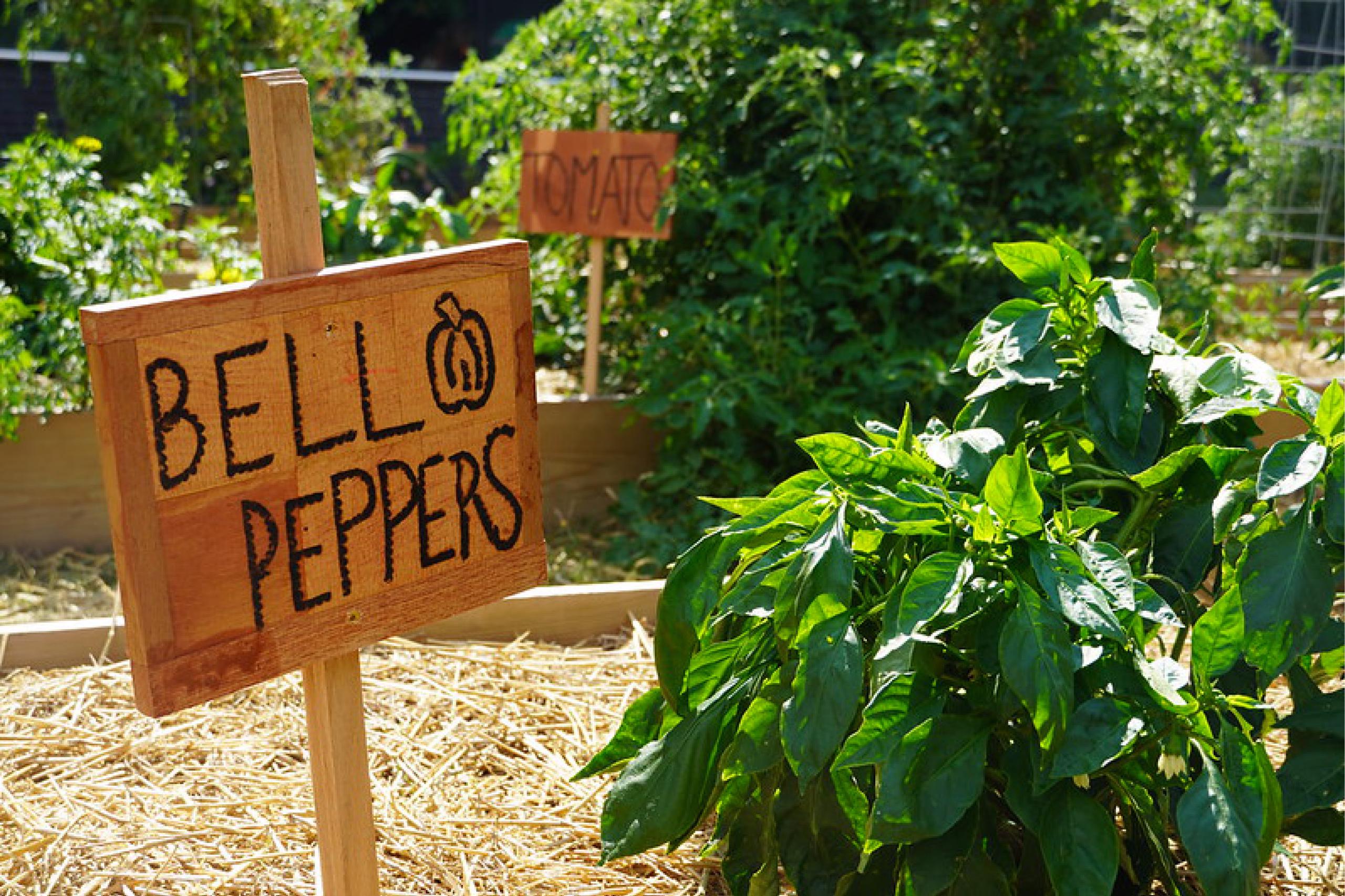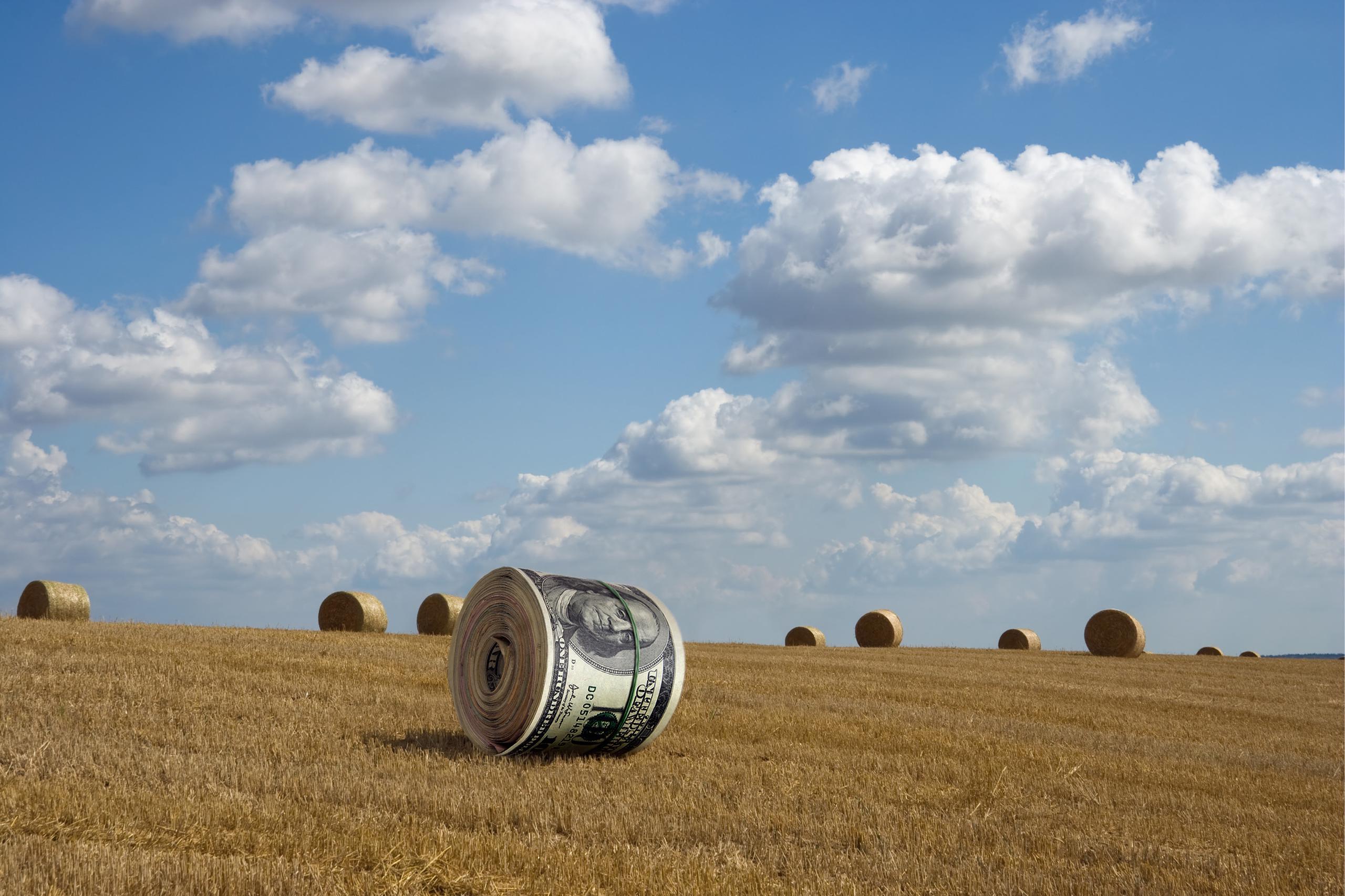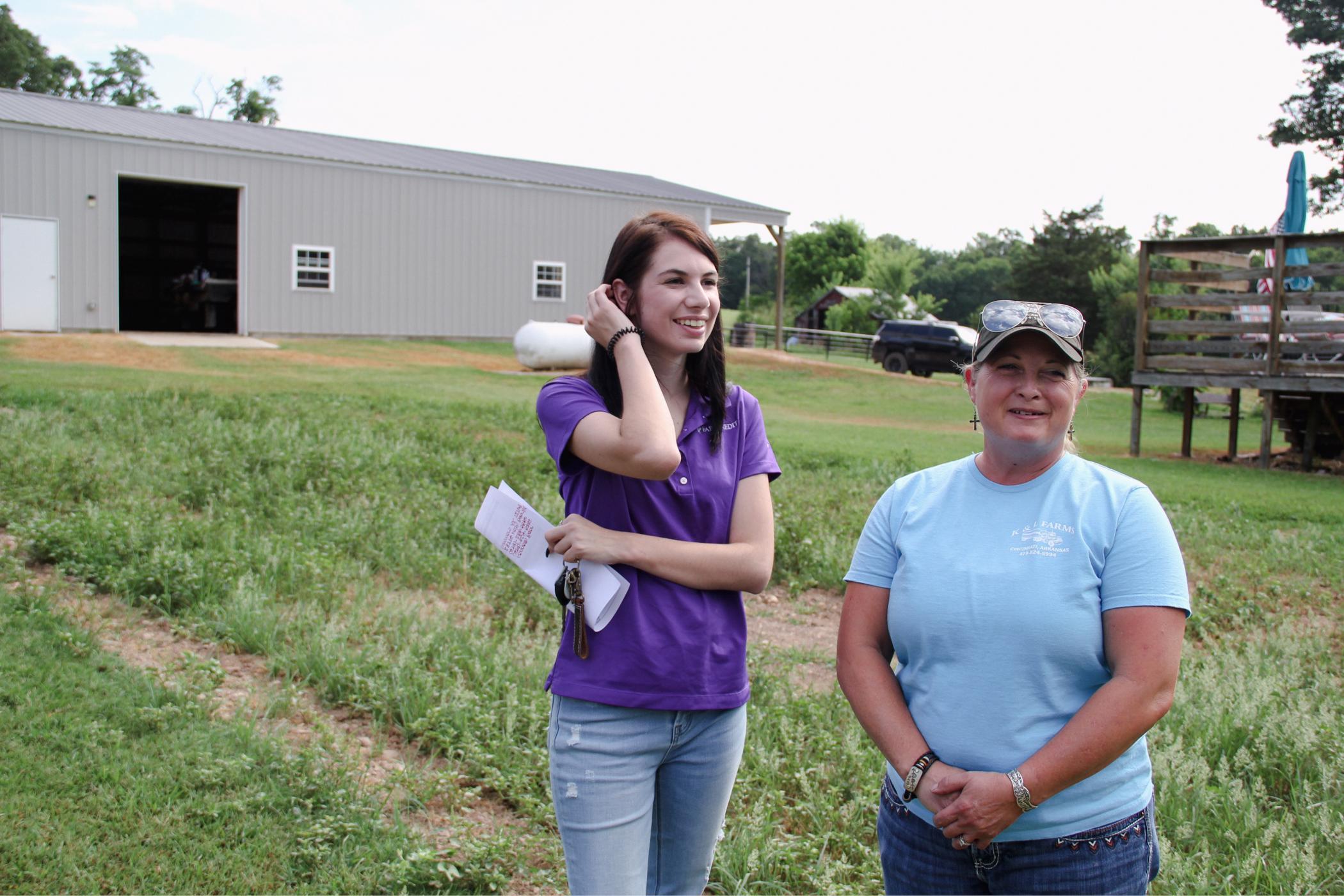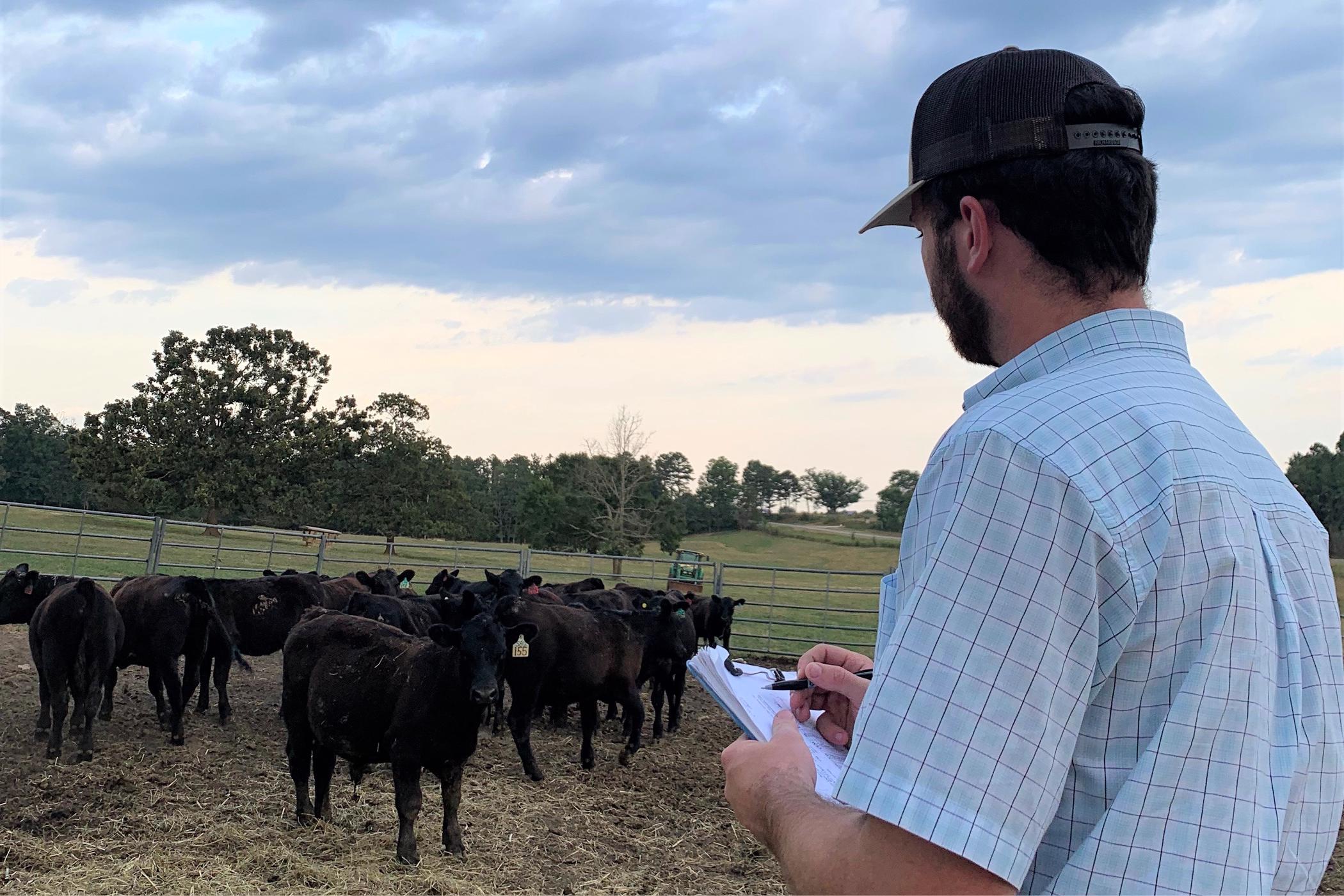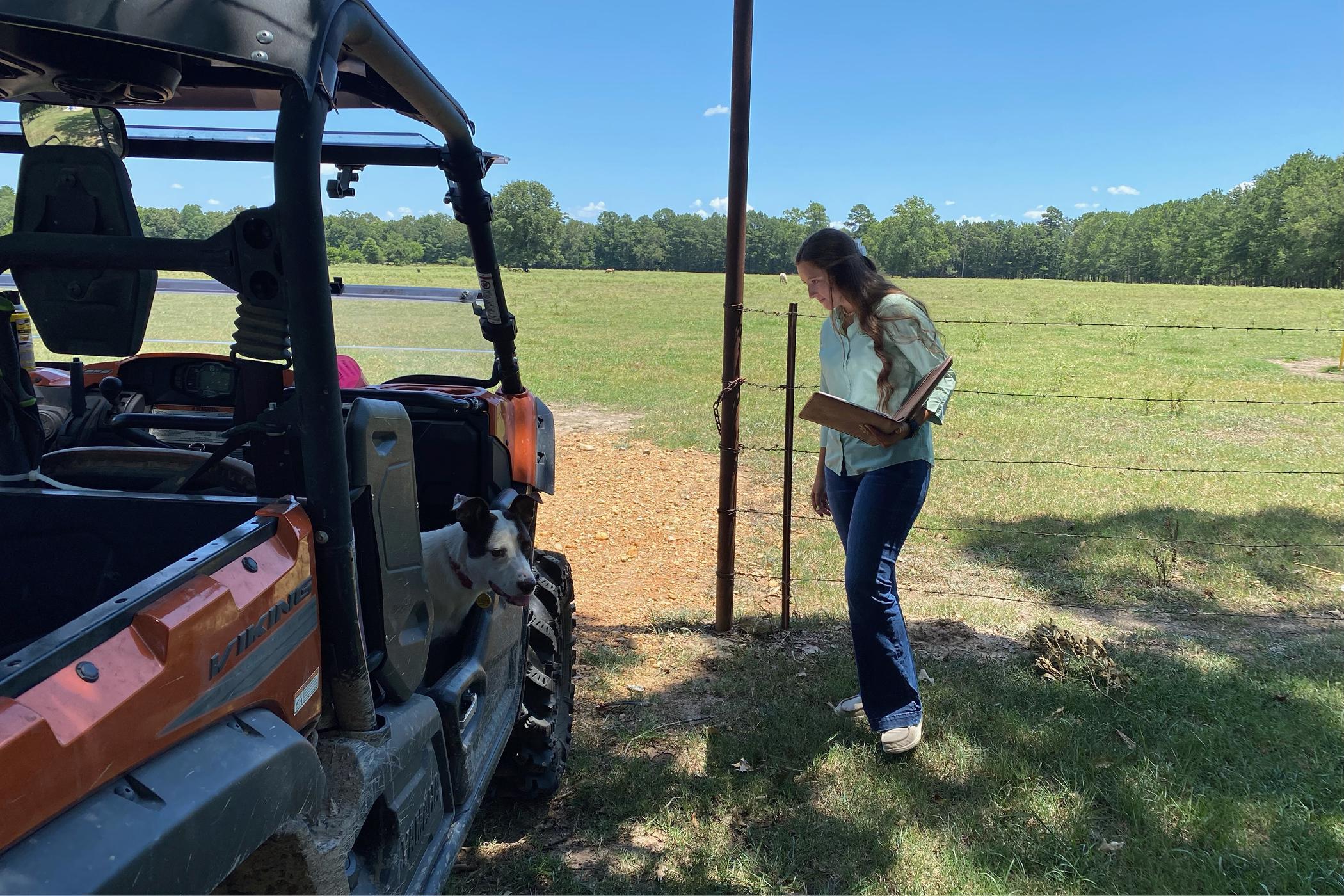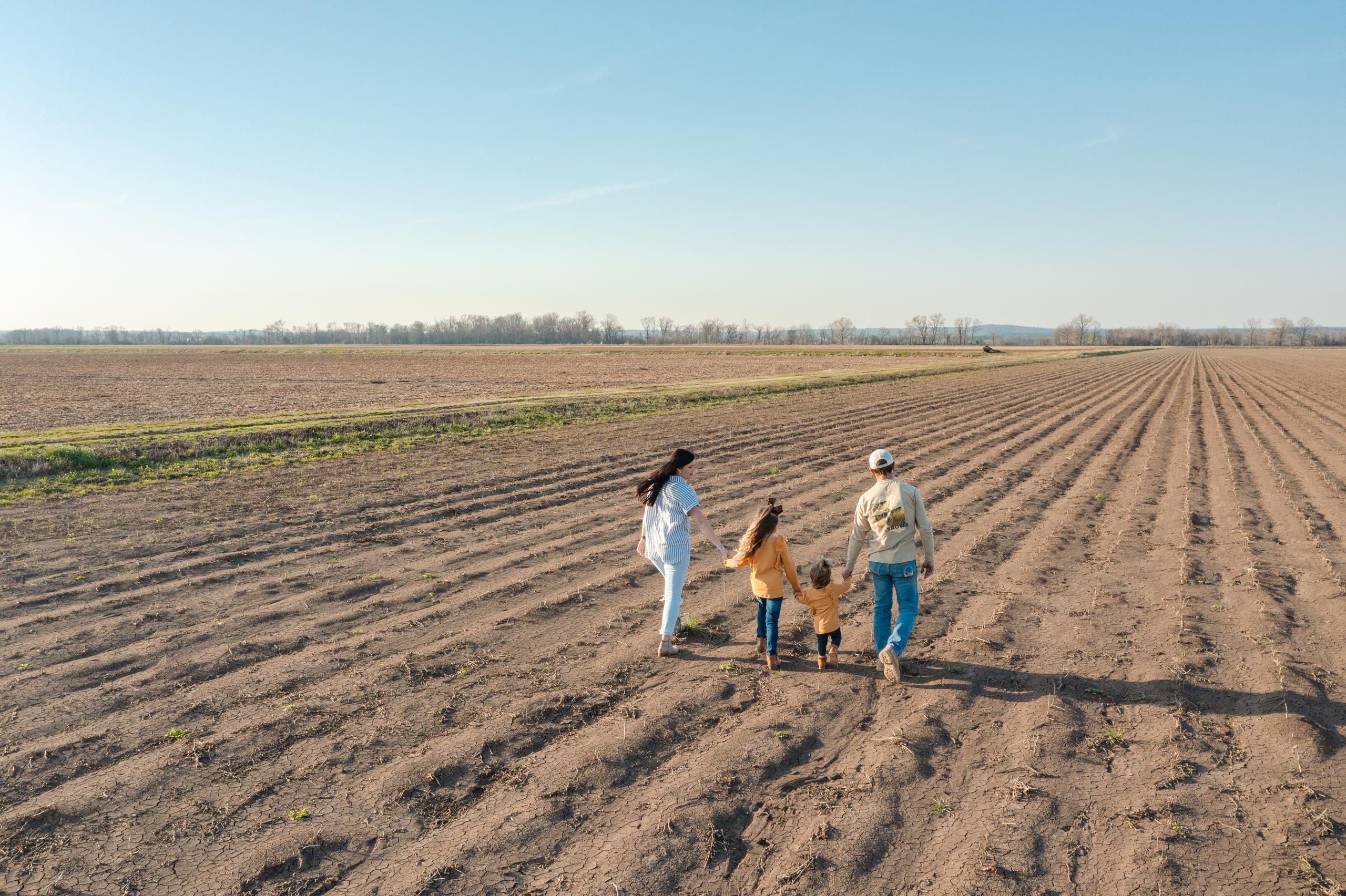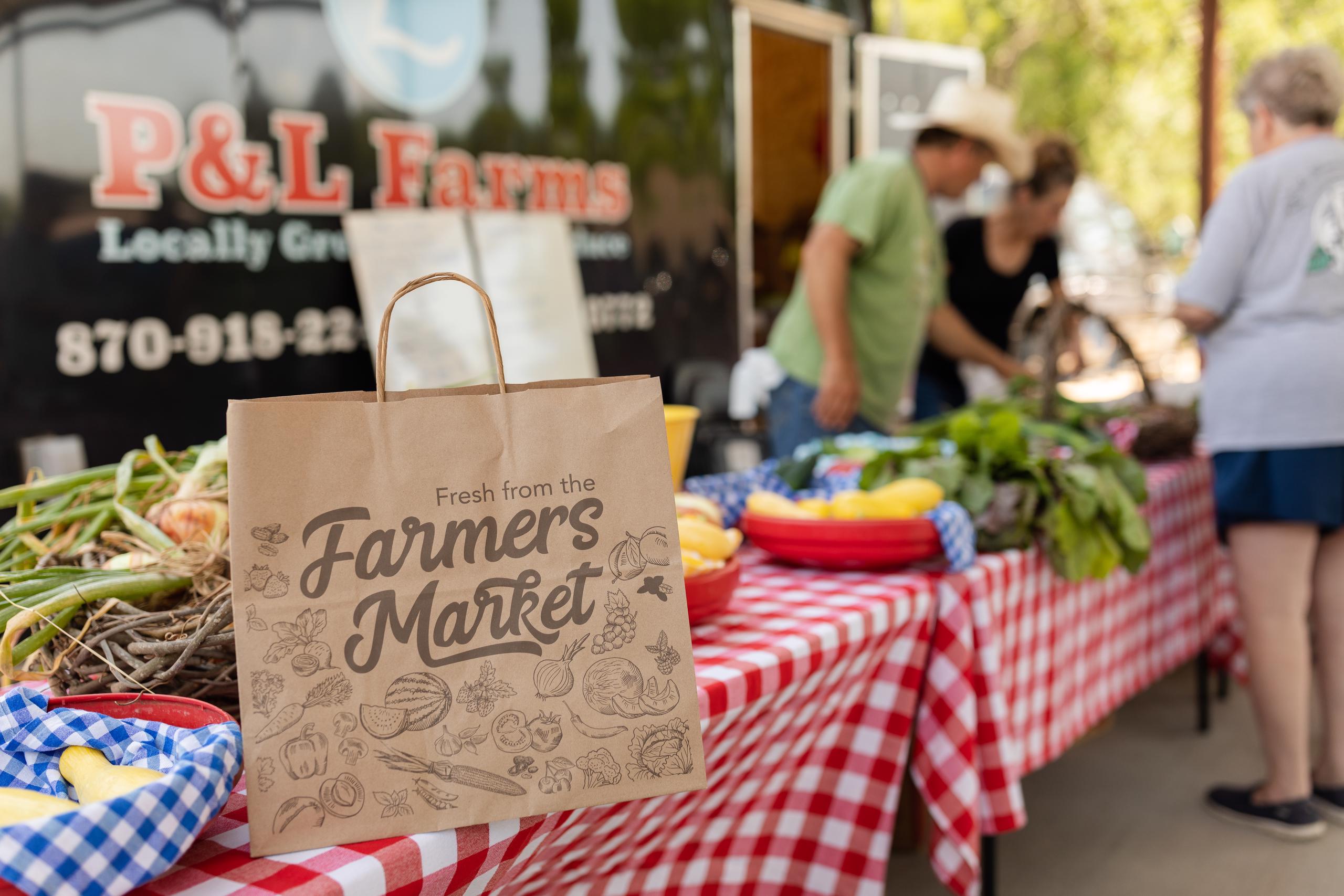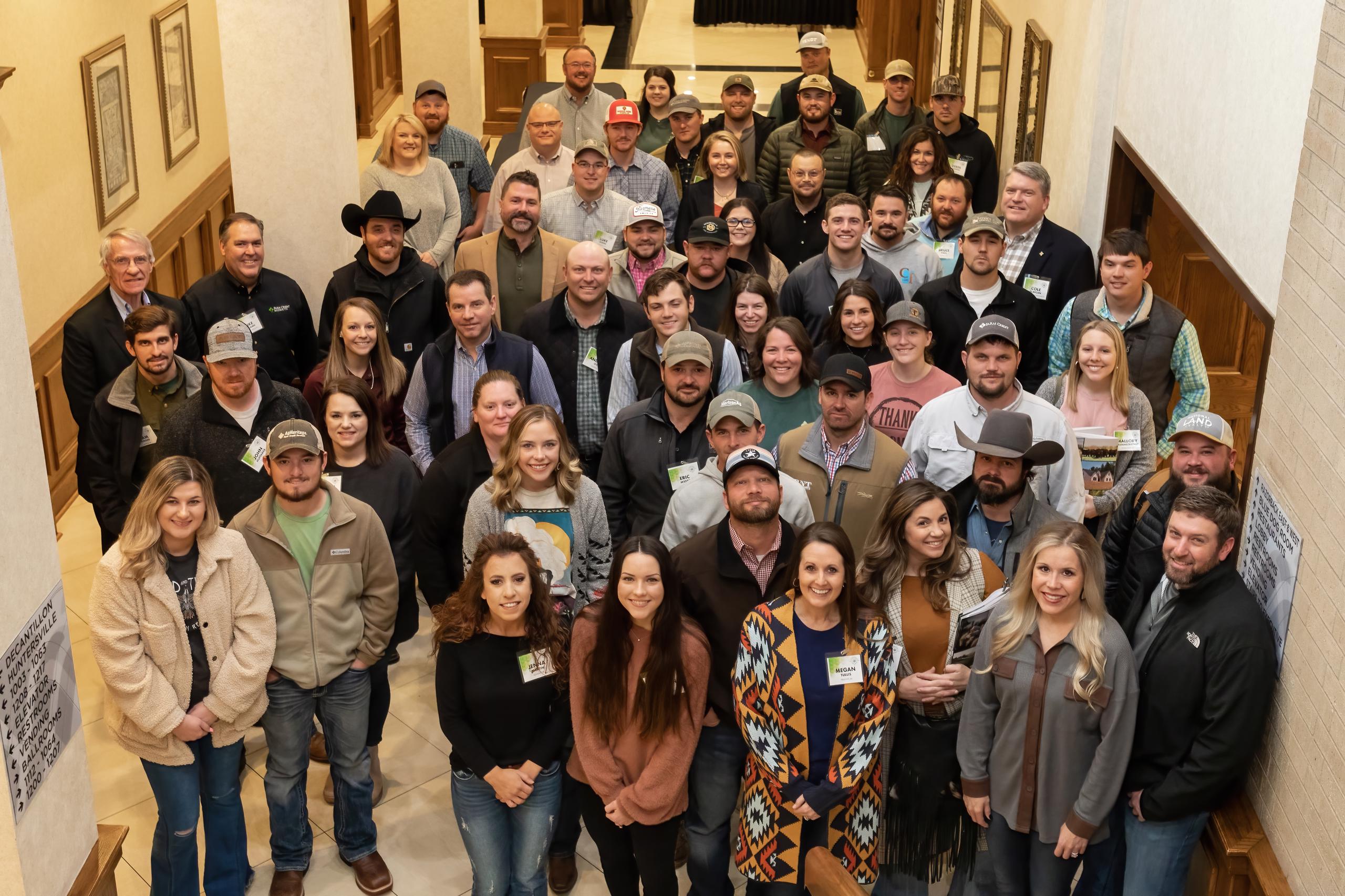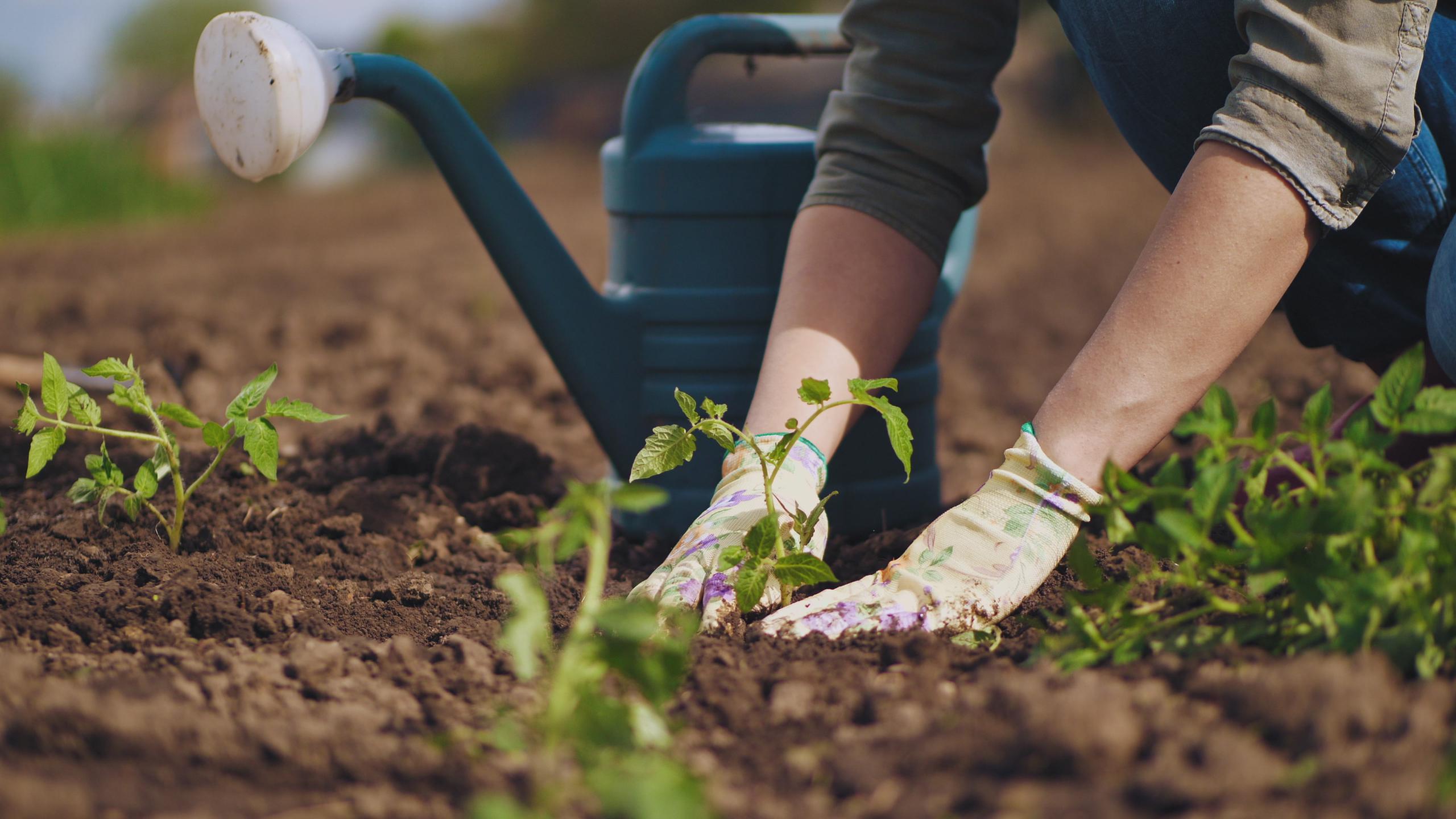

Tips & Tricks to Just Keep Planting
Cailin Irby from the Center for Arkansas Farms and Food shares her tips for summer gardening.
Spring is in full swing and inspiration and hopes are high for a solid summer of gardening. Cailin Irby, farm manager at The Center for Arkansas Farms and Food, shares her tips for keeping those hopes high for providing vegetables, flowers, and herbs for family and friends all year long.
GETTING STARTED
Haven’t started seeds for transplants and feeling behind? Don’t fret! Many crops can be direct sown after soil temperatures are consistently warm. Root vegetables like carrots, beets, turnips, and radishes as well as lettuce mixes and baby greens like arugula and mizuna can be planted at regular intervals from spring through fall for a steady supply. Other summer crops like cucumbers, zucchini, and okra can be sown directly in the garden. Zinnias, sunflowers, and marigolds are great additions to the garden that can be direct sown, and herbs like cilantro, basil, and parsley take up little space and are easy to get started.
Tomatoes, eggplant, and peppers do better when transplanted. Check out farmers co-ops, hardware stores, or your local farmers market to find high quality transplants. If you’re starting tomatoes, eggplant, or peppers from seed, start them sooner rather than later. Starting your own seeds is a great way to make sure you get the varieties you want. Use a potting mix that includes compost and be patient. These crops in particular can take a while to germinate, so place them in a sunny area and check for water often. Keep the soil moist, but let the seedlings dry out between watering. The cutoff date for transplanting these crops outside is early to mid-July. Any later and there’s the risk of getting very little harvest before first frost. For details on how to grow great transplants, I recommend The New Seed Starting Handbook by Nancy Bubel.
EASY FERTILIZER SOURCES
Something to consider throughout the growing season is what nutrients you are giving to your garden for optimal plant health. When beginning to plant, add plenty of organic matter, like compost or worm castings, to your raised beds or native soil to create a nutrient-rich, easy to work soil surface. Giving plants a boost with organic fertilizers like alfalfa meal, azomite, and chicken feather meal when planting or transplanting will give them the nutrients to grow into healthy, strong plants. Be sure to incorporate these amendments into the soil for best effect.
For longer growing crops like tomatoes, peppers, and cucumbers that will produce for months at a time, consider side dressing with feather meal to keep plants producing for longer. Organic matter and the fertilizers mentioned can be found at farmers co-ops or ordered online. Be sure to read the label and follow rates of application for the specific size of the garden.
WATERING
Water is critical for all life, and plants are no exception. In Arkansas, we predictably have periods of little to no rain just when we hope to have a thriving garden. A garden needs approximately an inch of rain per week which, for a 100 square-foot garden, is 62 gallons (tip: use a timer and 5-gallon buckets to help you find how much time is needed to reach this level). If your garden is small enough, you can possibly hand water a few times each week to reach the amount you need but if your garden is large, you might consider adding an irrigation system.
Not sure when to water? Let your plants and soil tell you! Ideally you want to water before your plants start to wilt. The simplest test is to stick your finger in the soil about 3 inches and see if it’s moist! There are more precise tools such as moisture meters or tensiometers but this method works for most gardeners. Conserving the water that is in your soil is an important step in managing the water that you already have in your soil. Using organic mulches like straw and leaf mulch or landscape fabric will help keep your water in the soil where your plants can access it.
CREATE A HABIT FOR GARDENING
One key to a successful garden is to make tending to it part of your daily routine. Whether it be in the morning or in the evening, there’s so much to observe throughout the season, both from a garden-wide perspective and at an individual plant level. Catching pests and pulling weeds early can lead to more satisfaction and less hard work in the hottest part of the season. Tending to a garden is beneficial not only in providing nutrition to loved ones, but it can be a satisfying and truly enjoyable experience.
There’s never a failure, only lessons learned. Tending to a garden is an amazing opportunity to tap into resilience. Have a crop that fails? Don’t give up, and just keep planting!
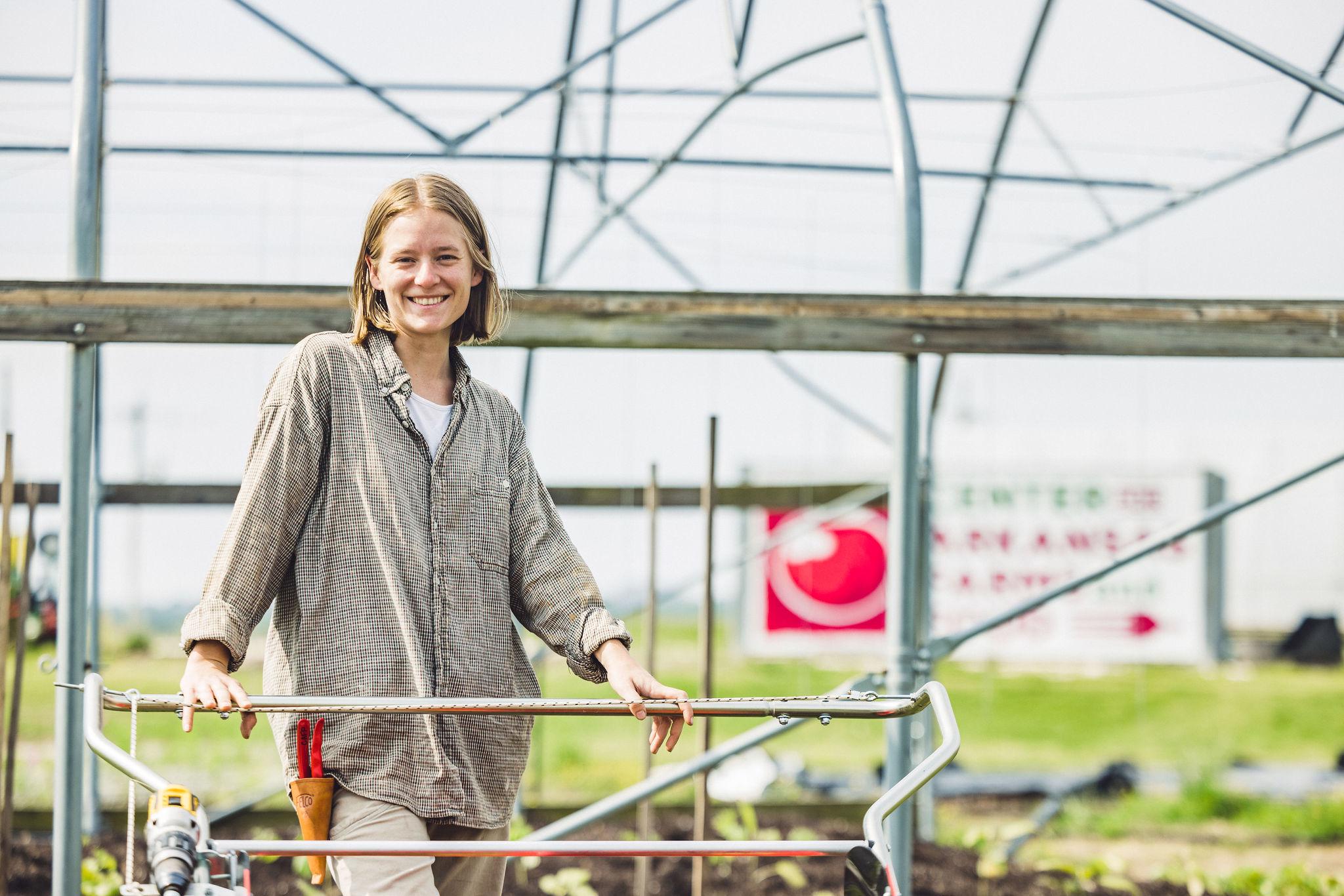
Other News







